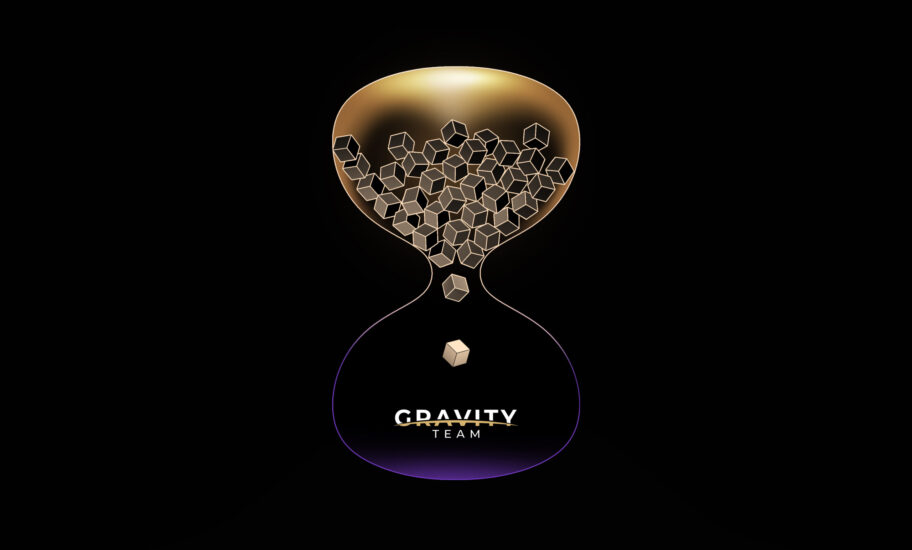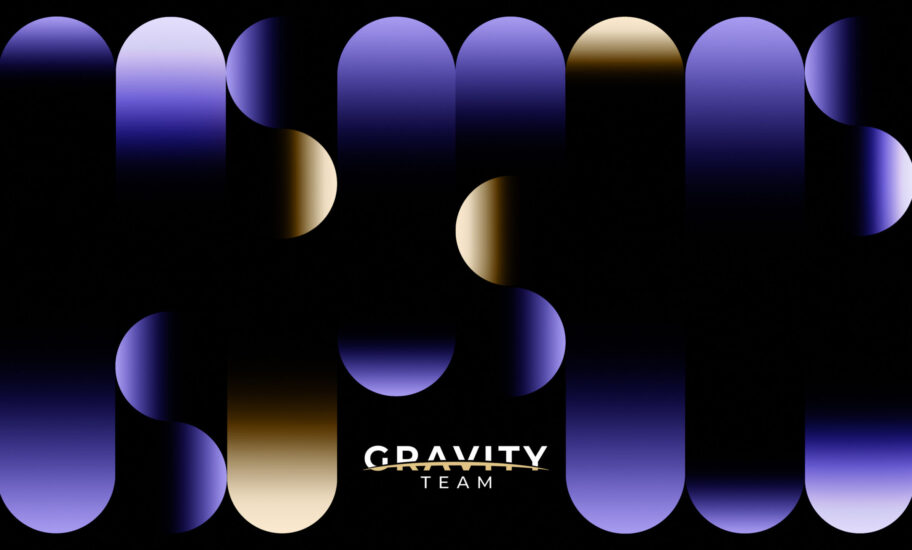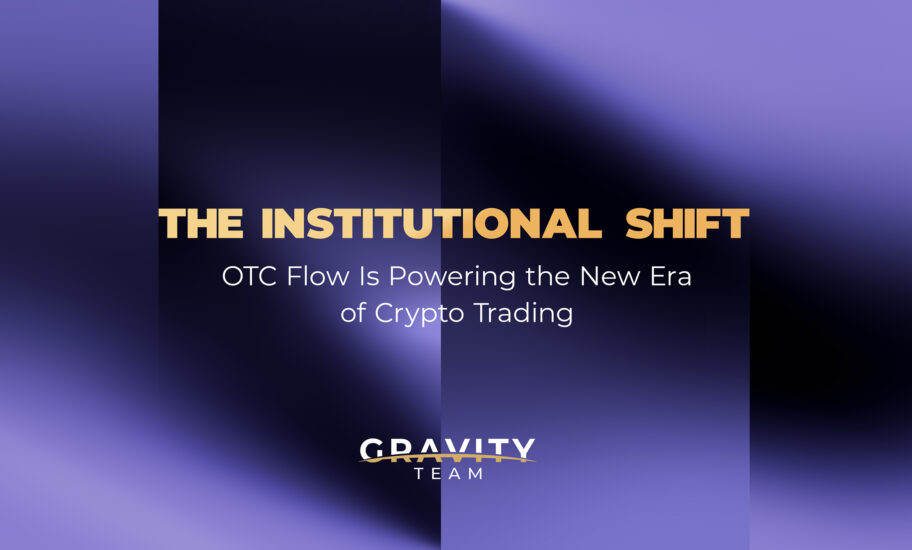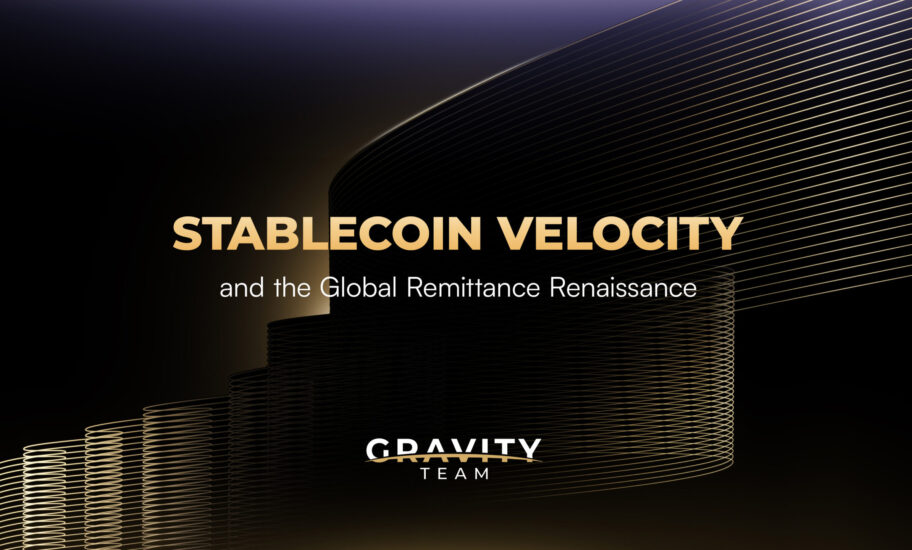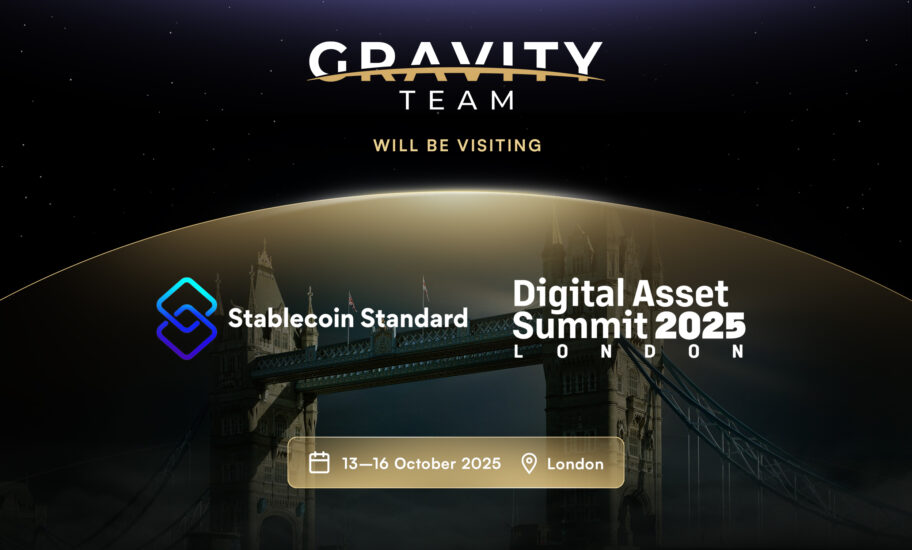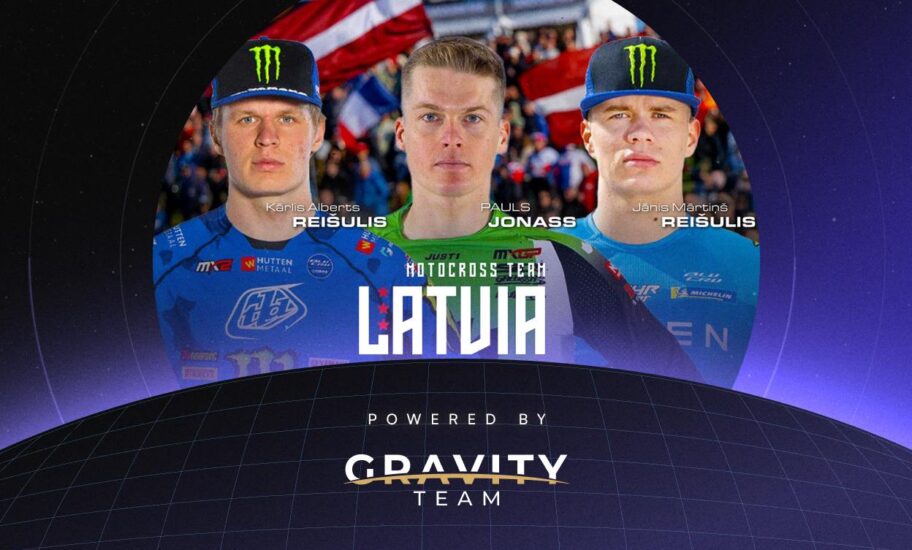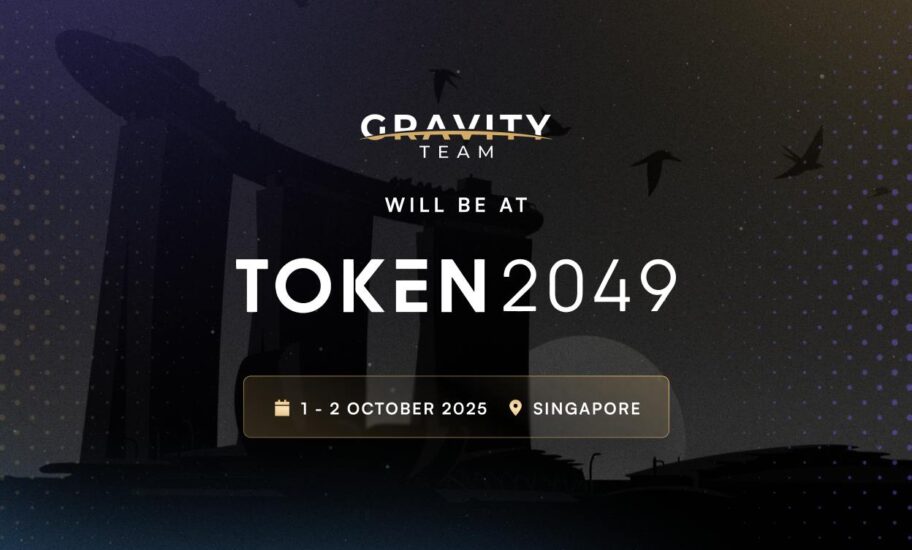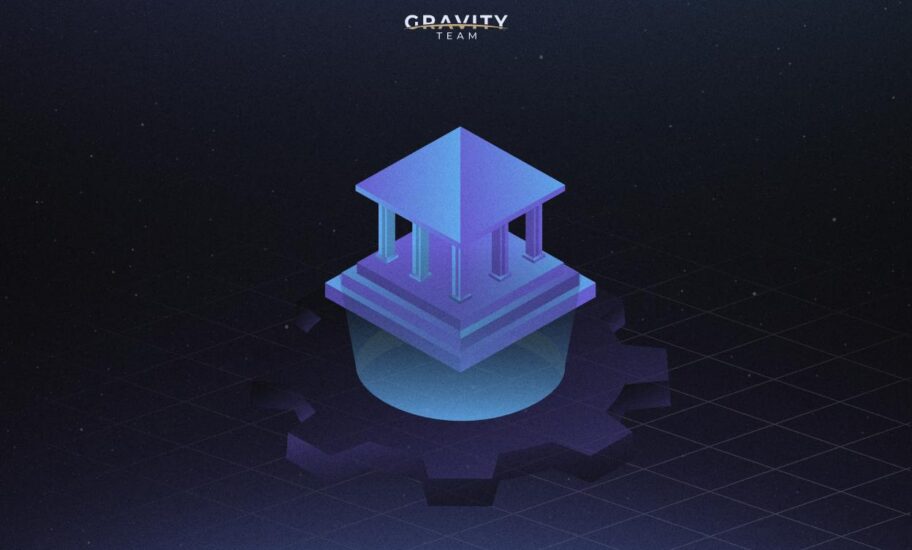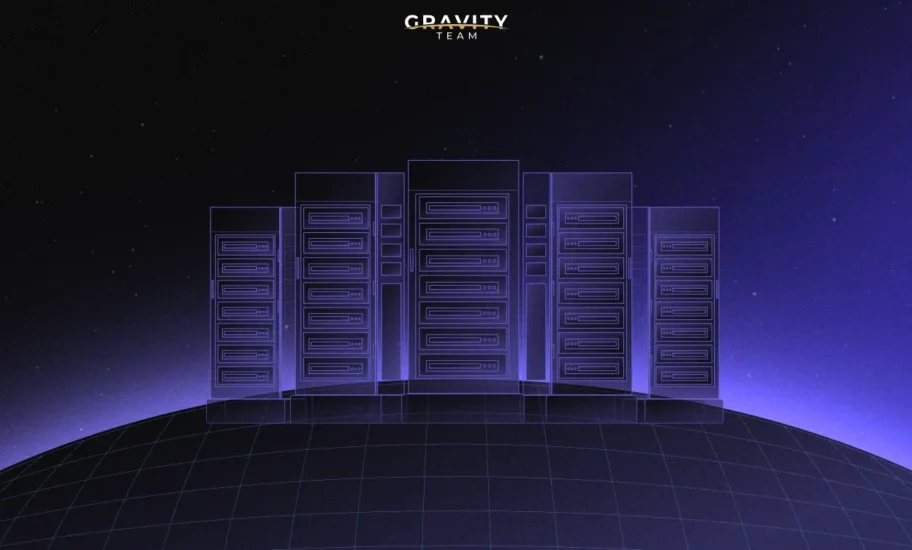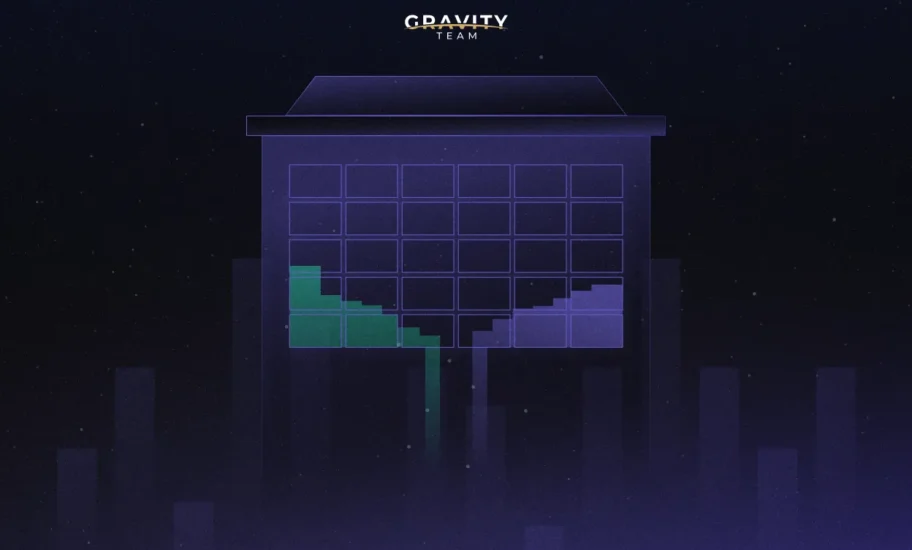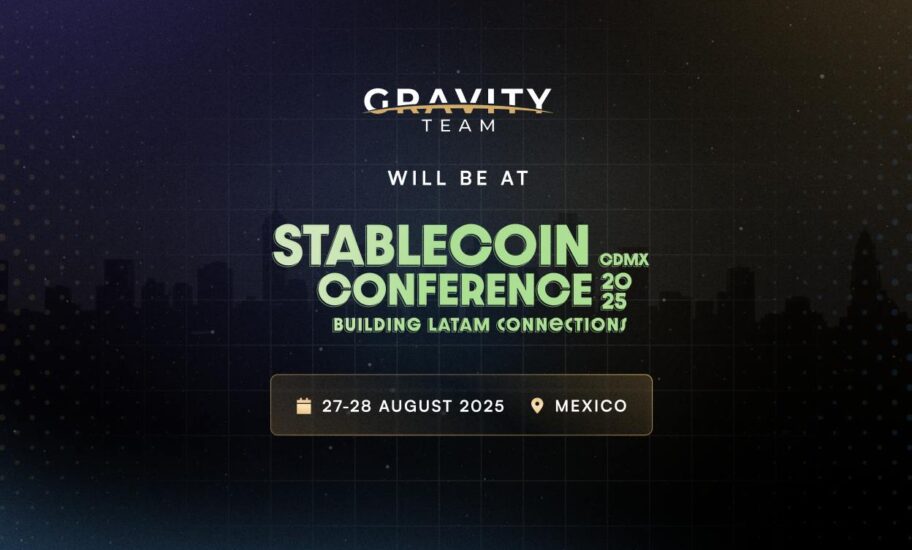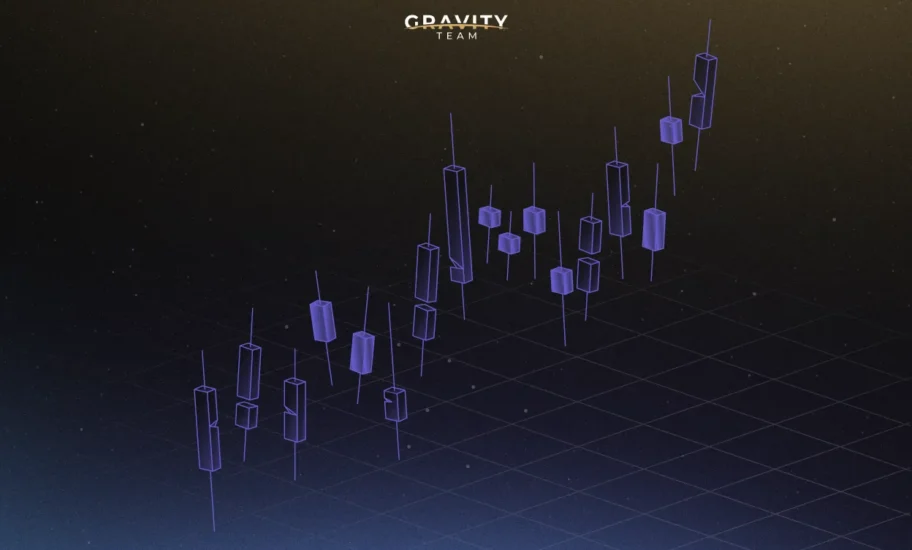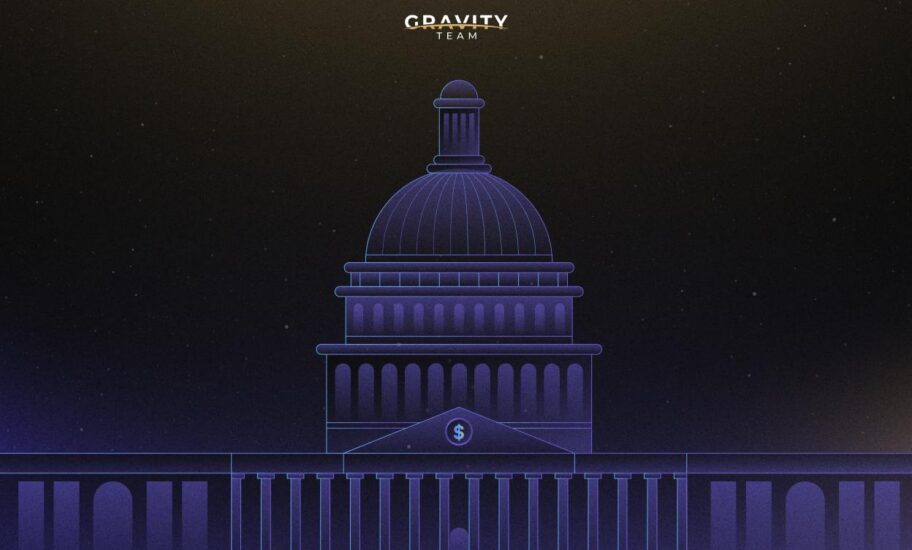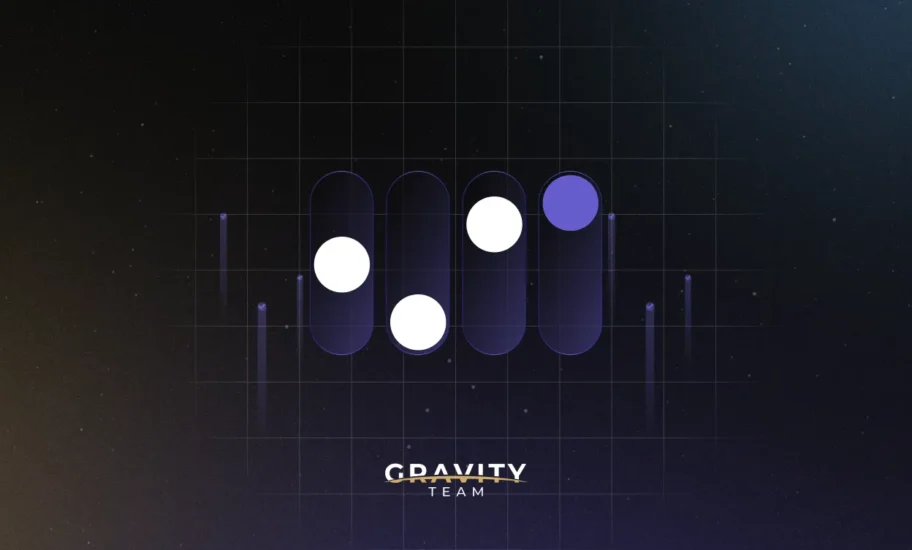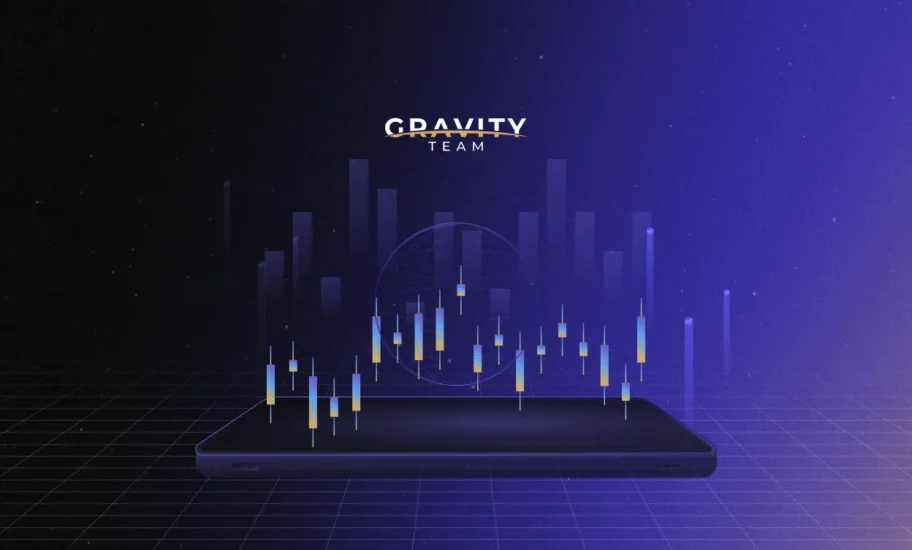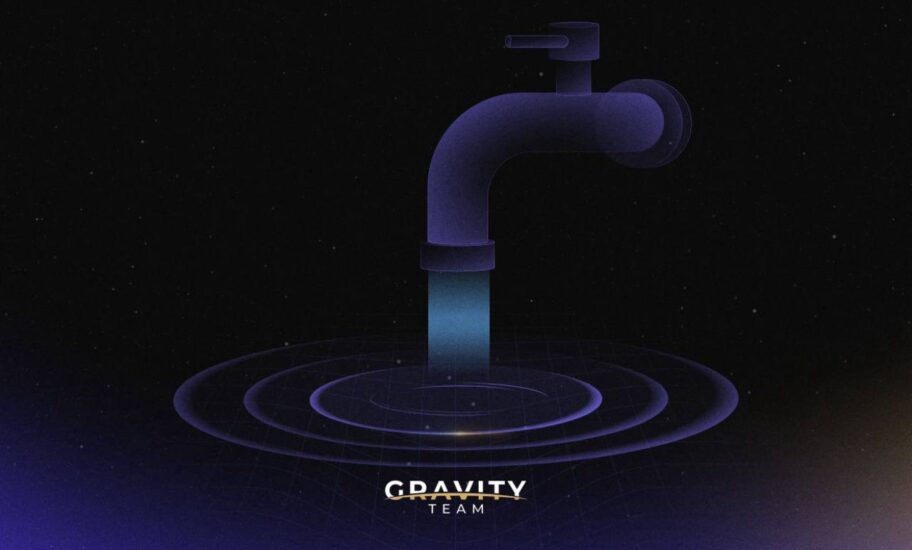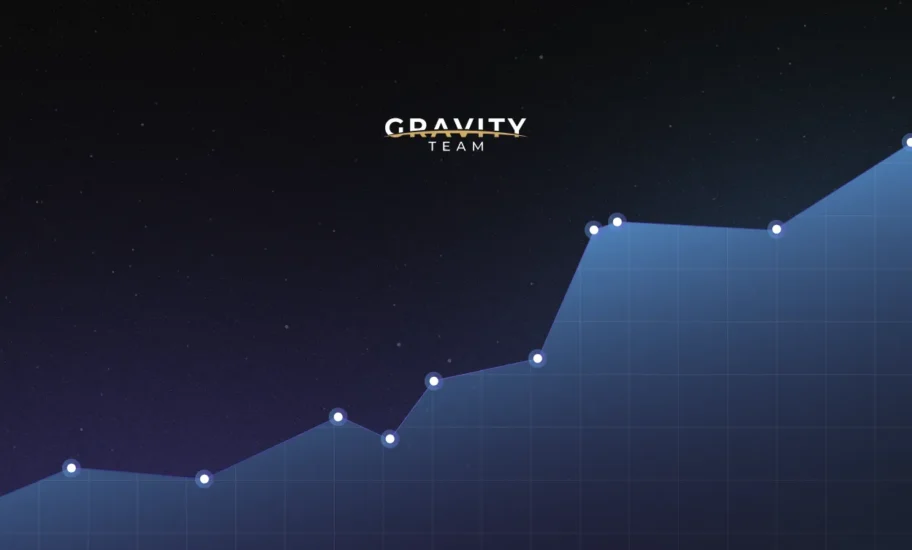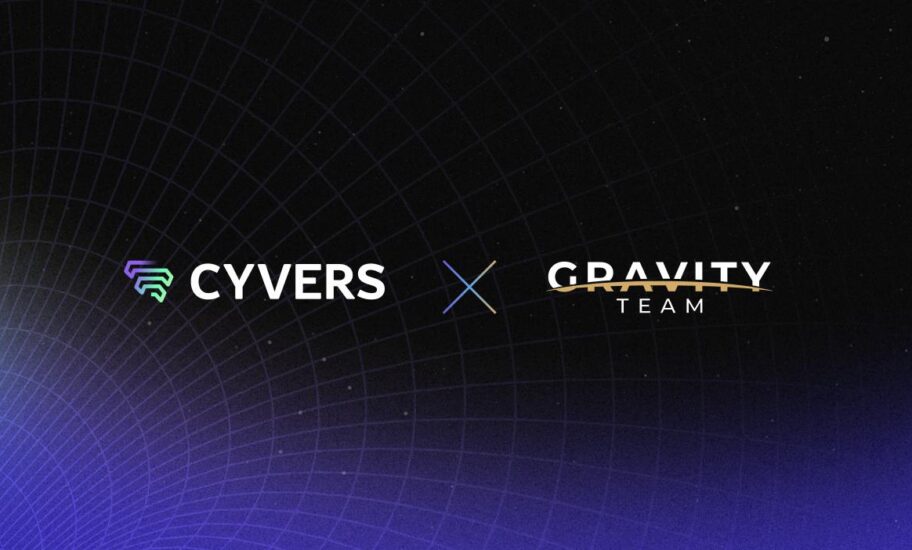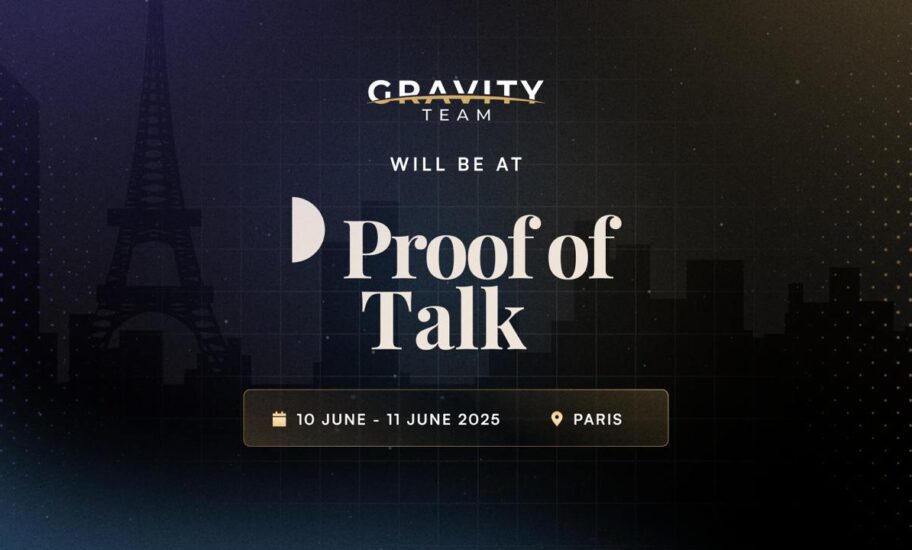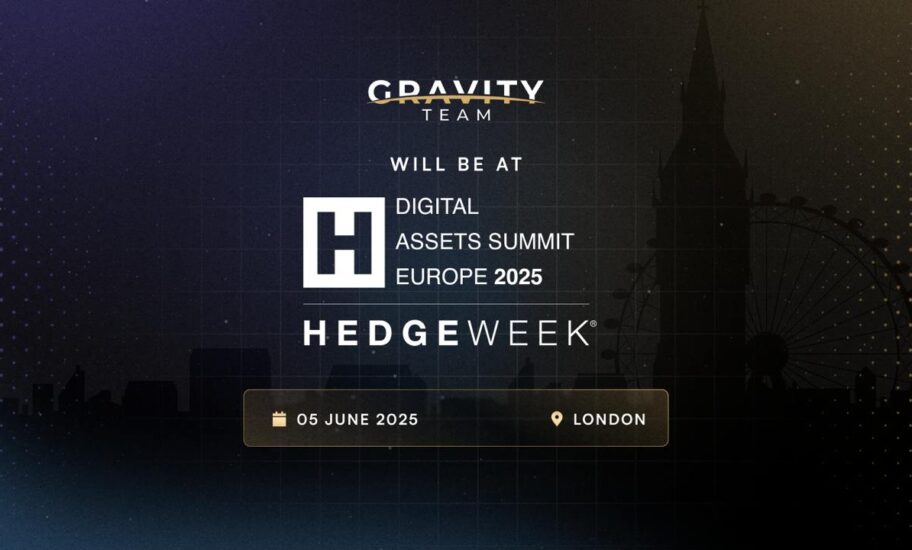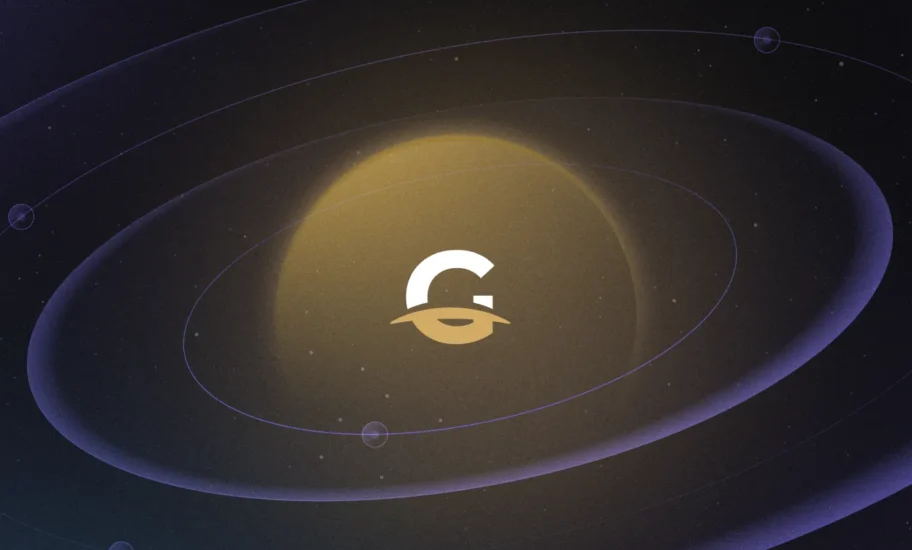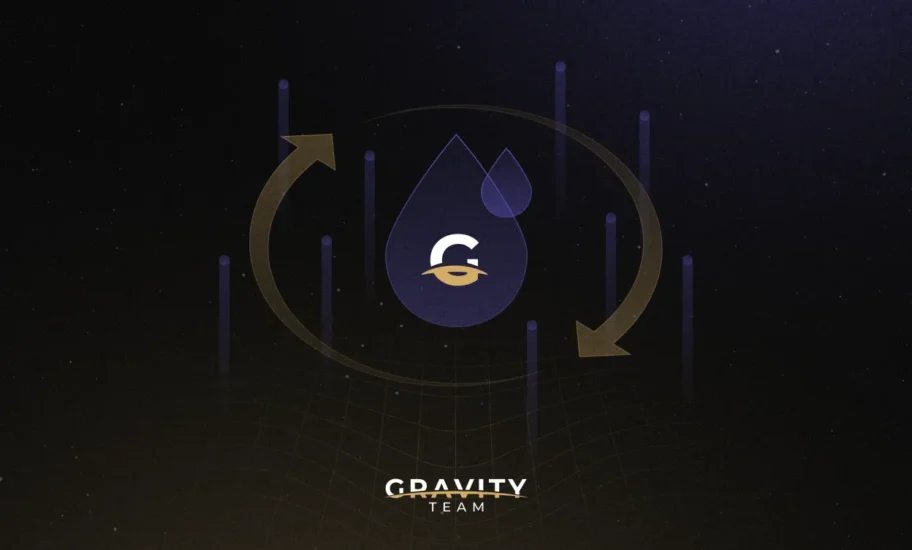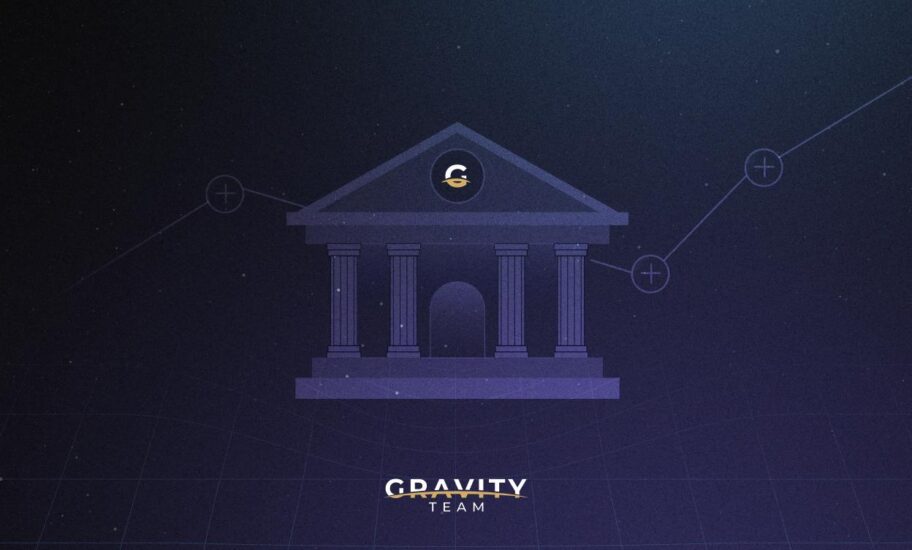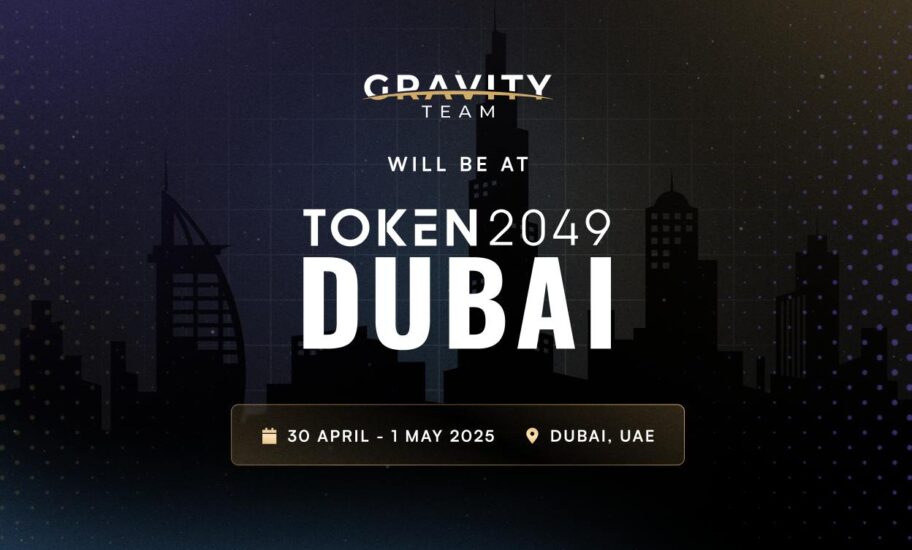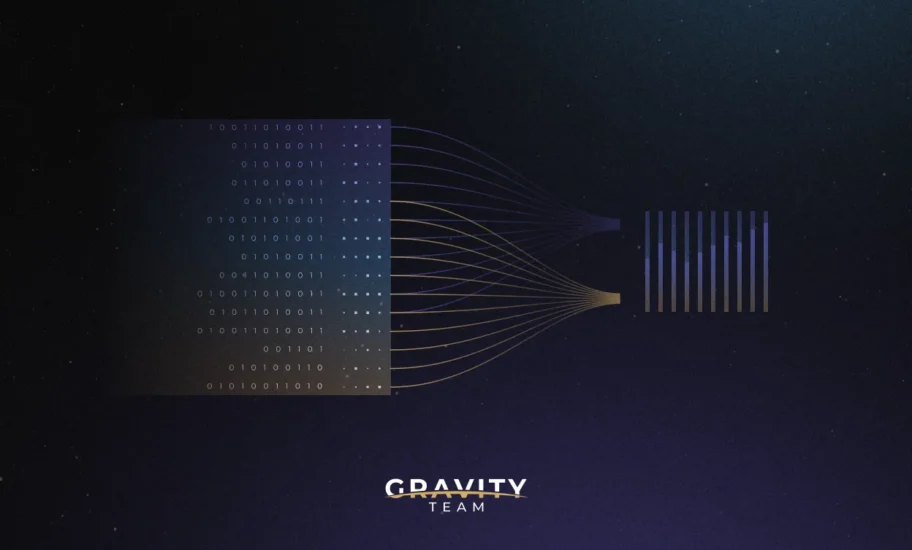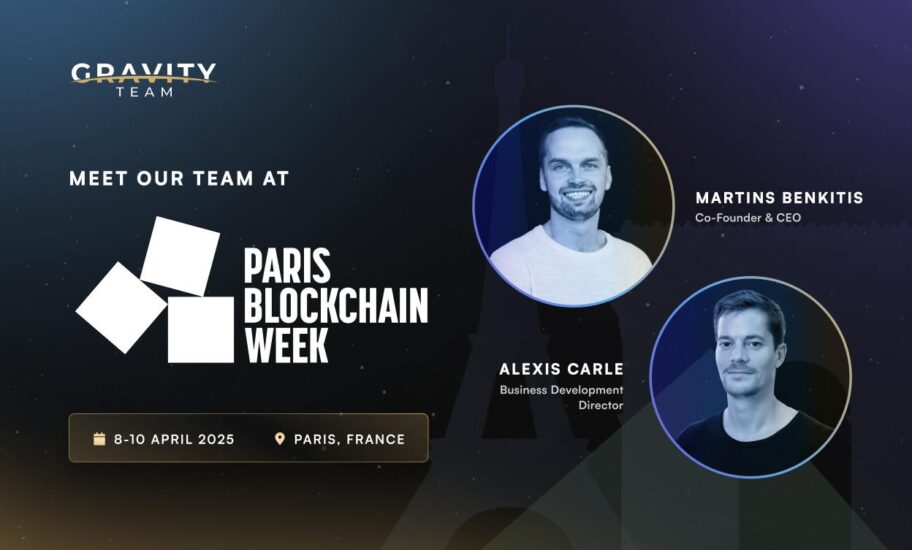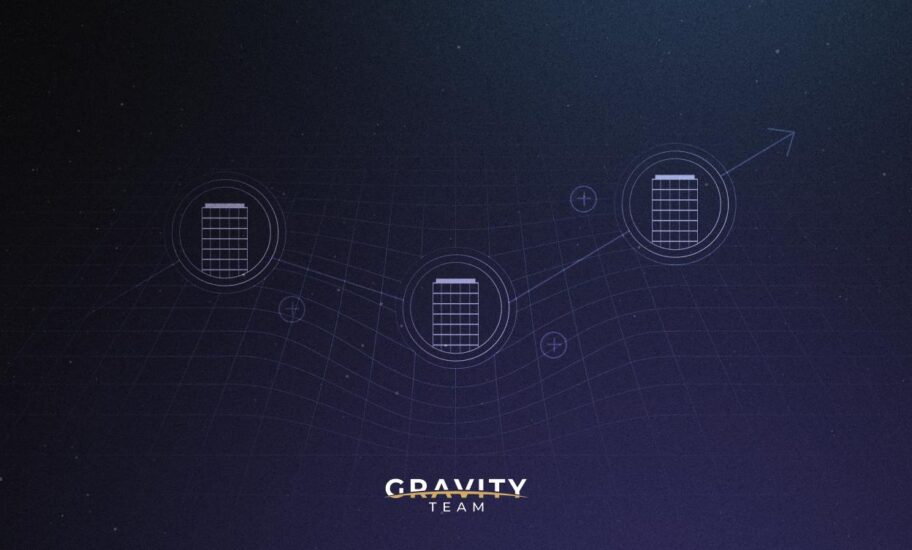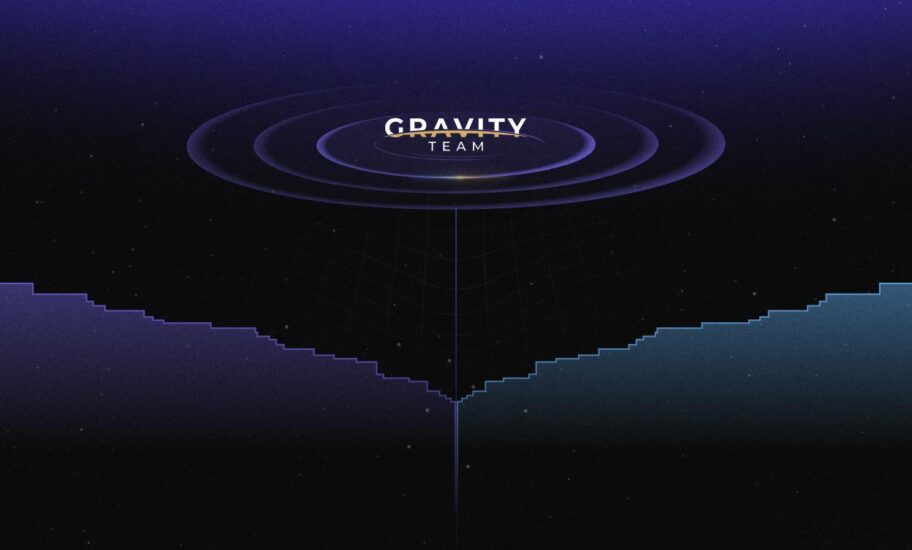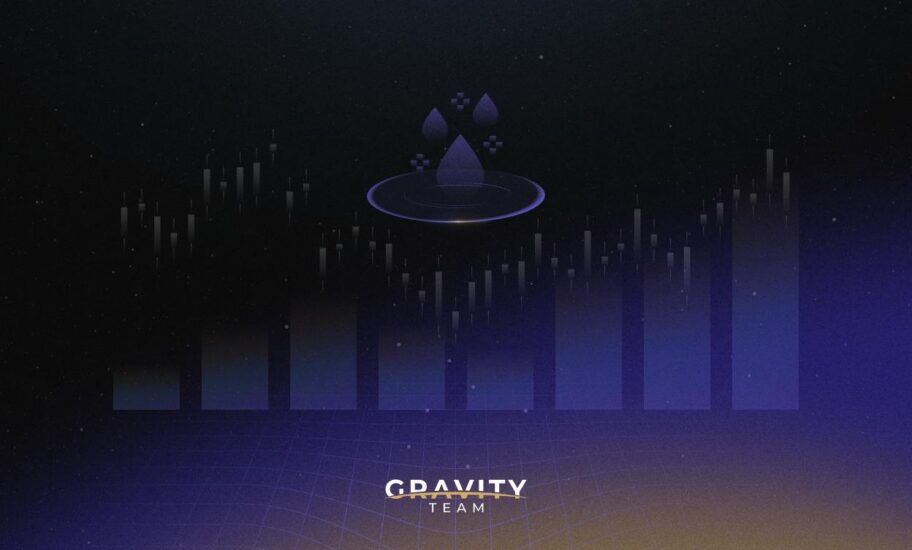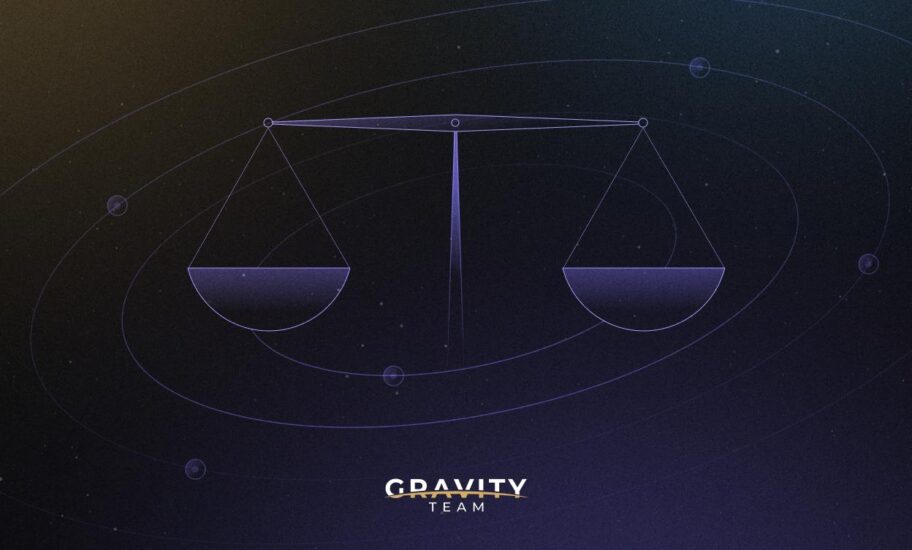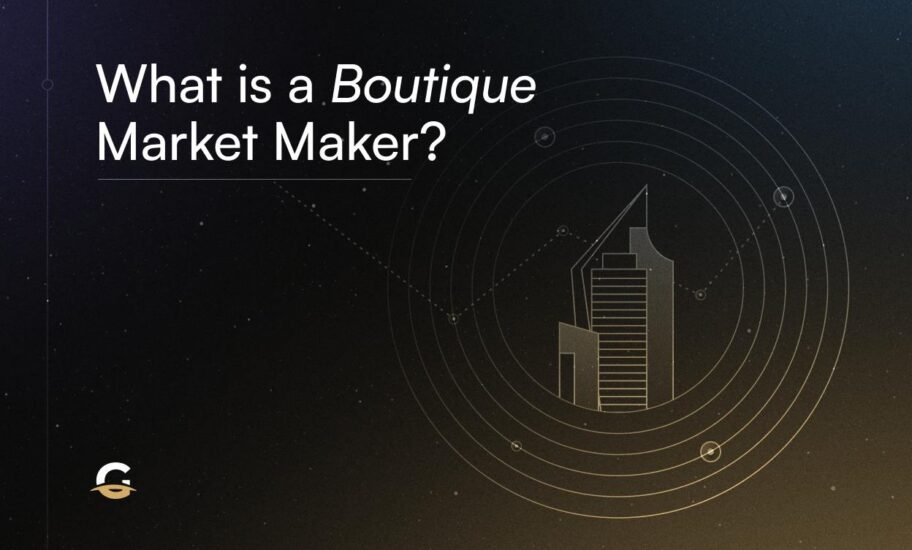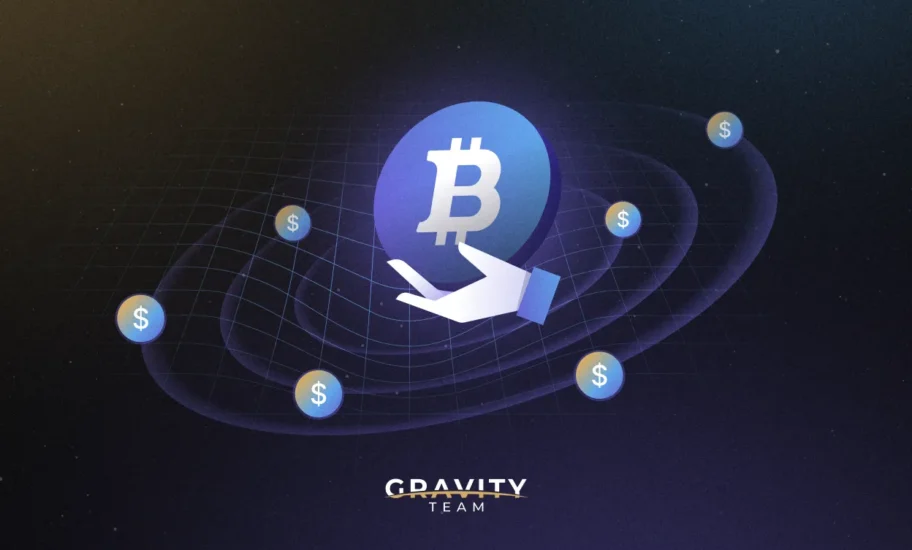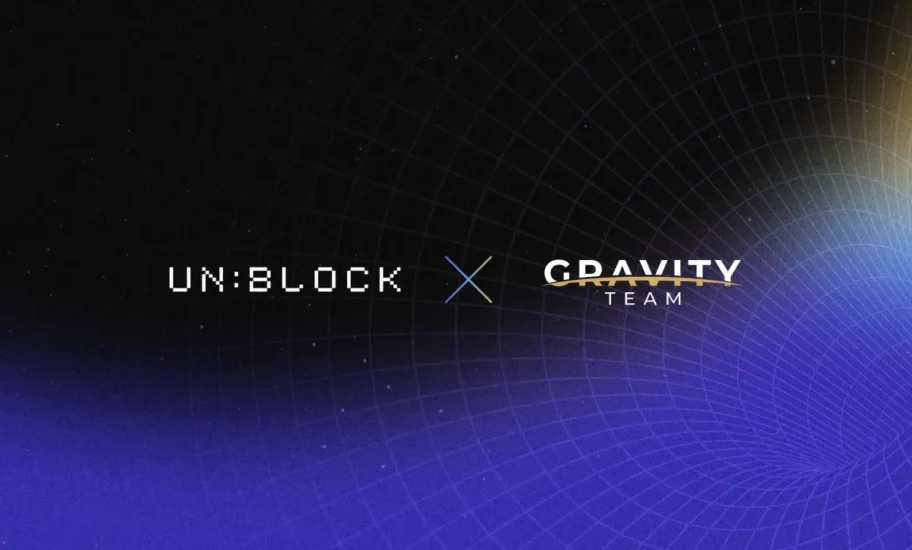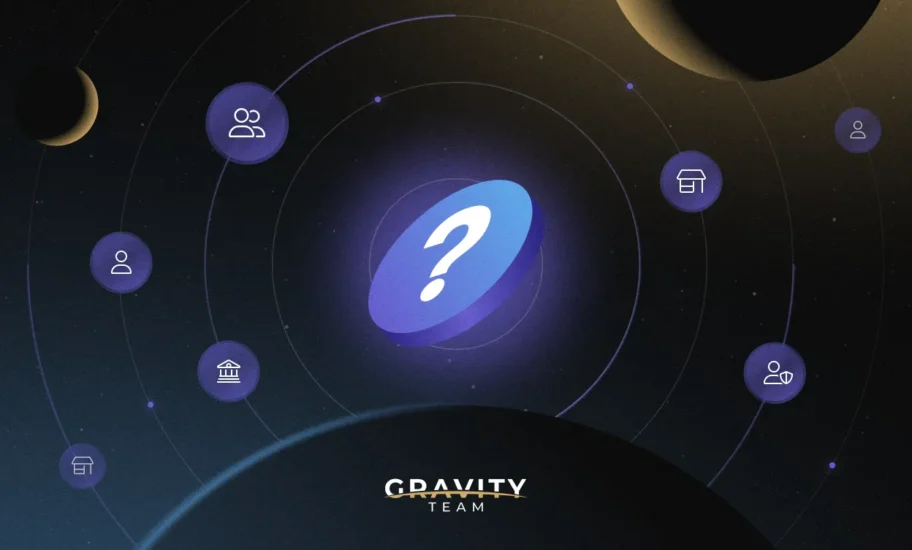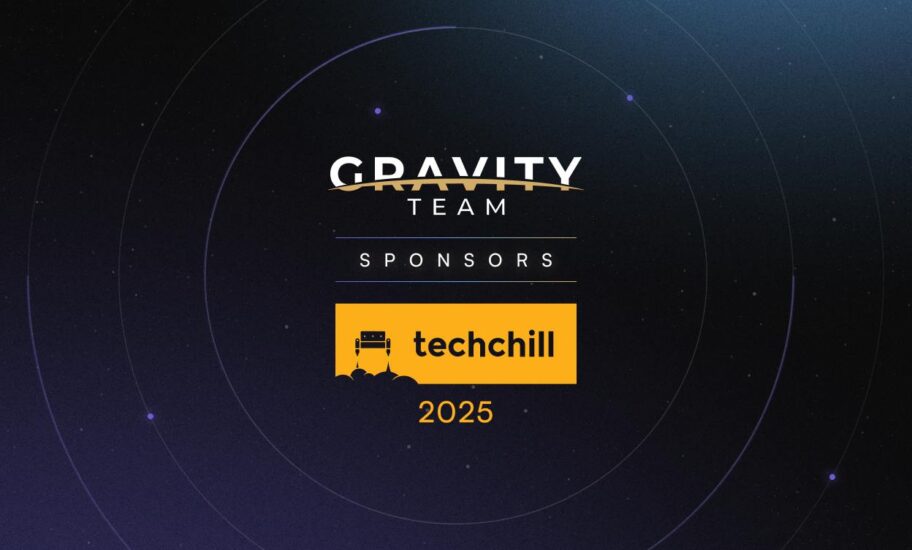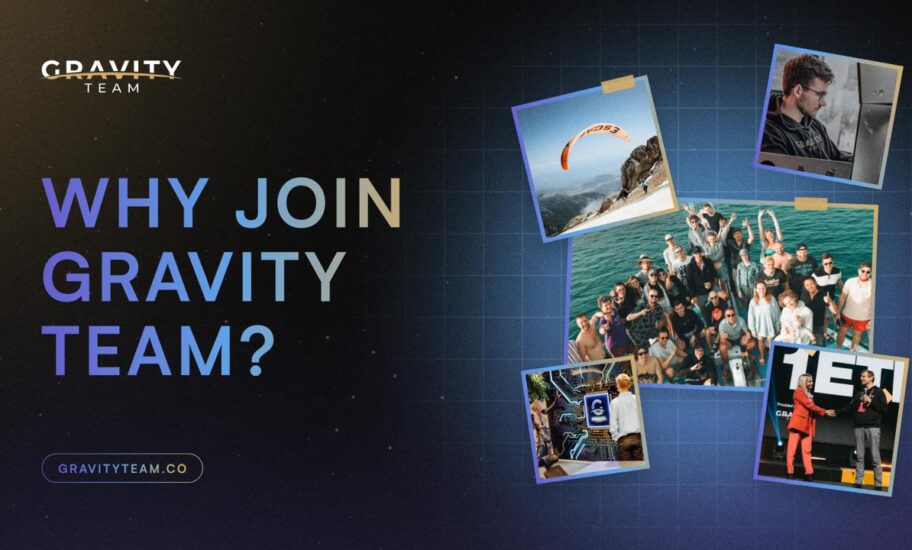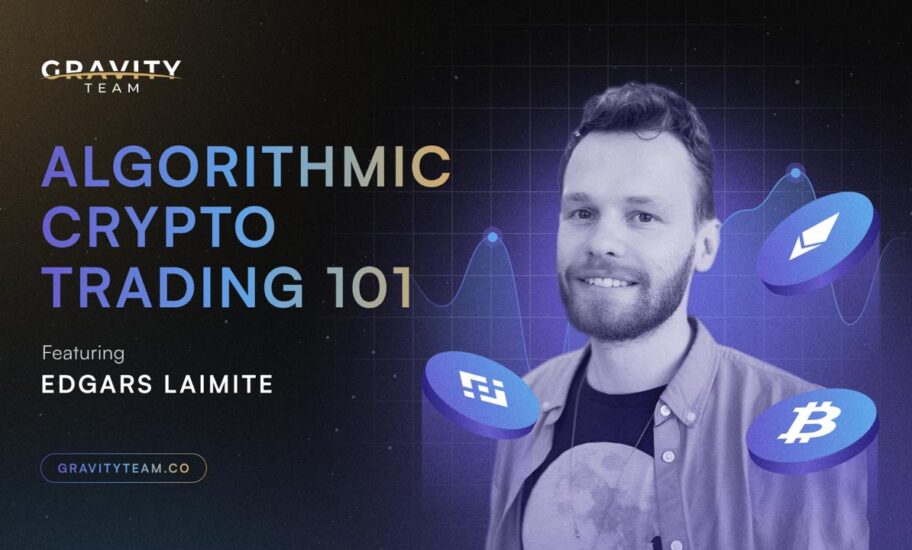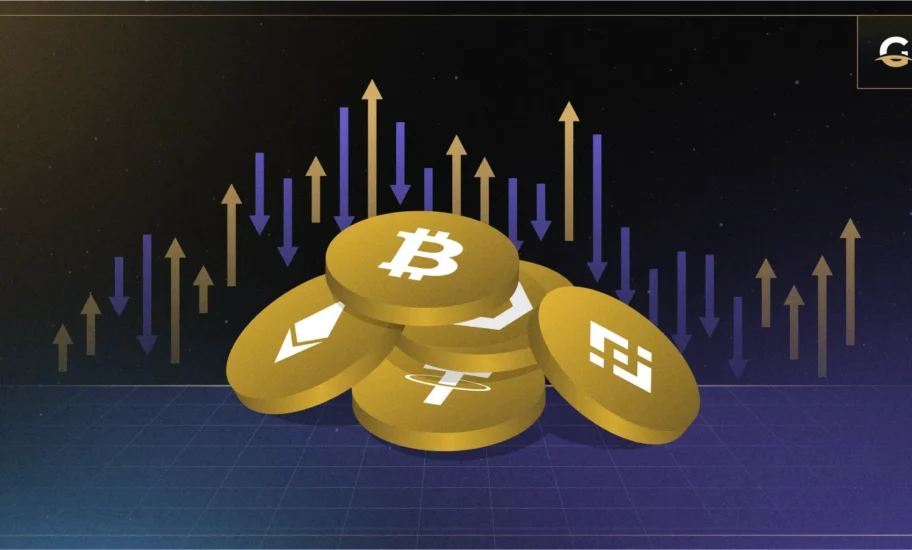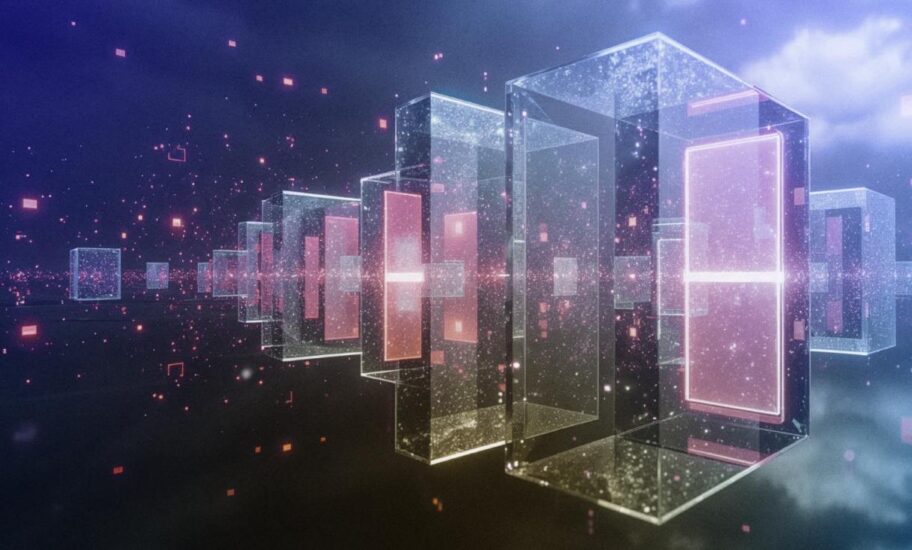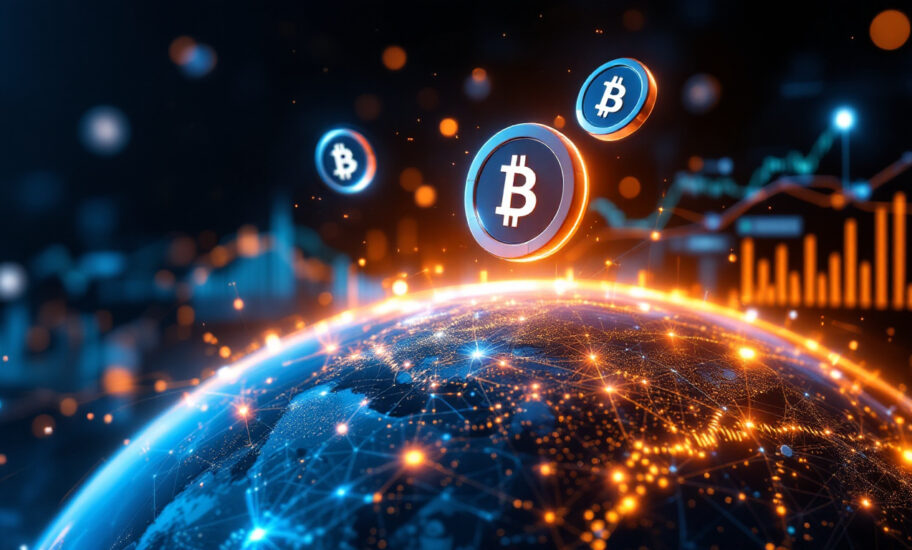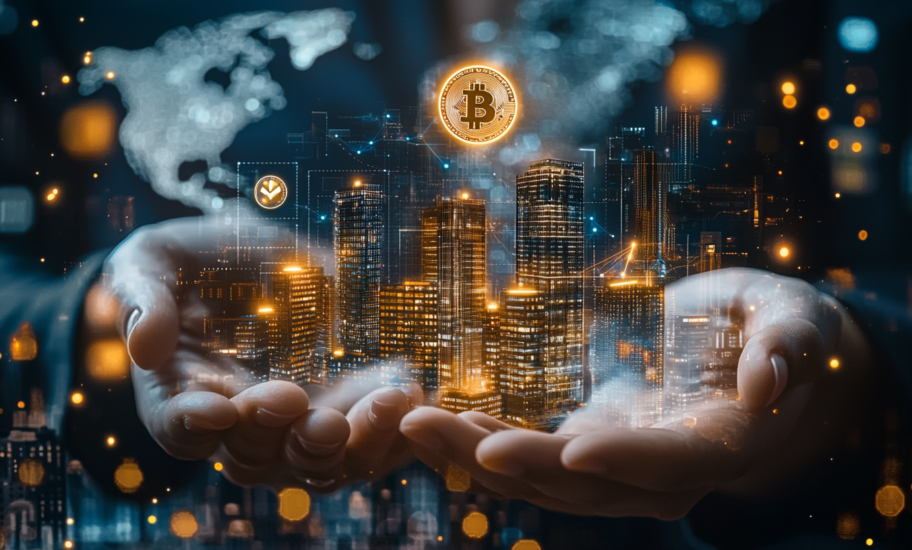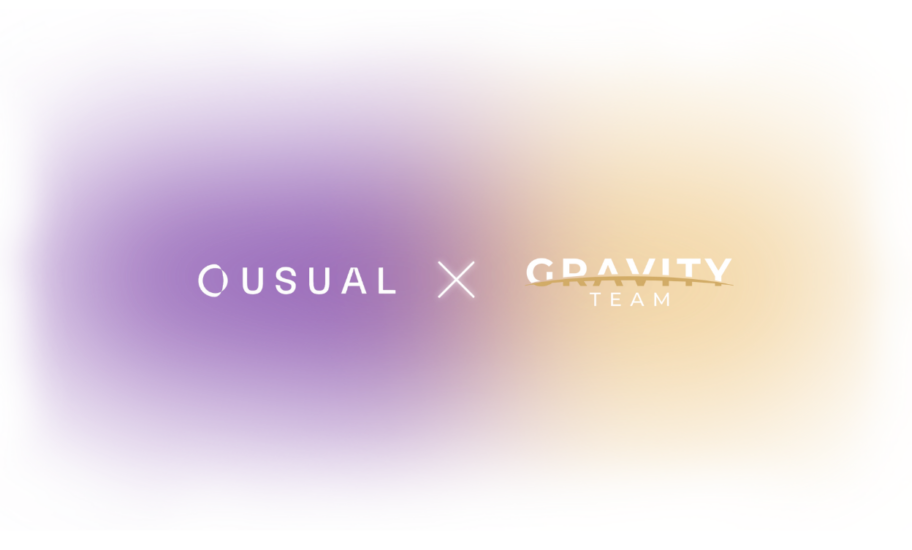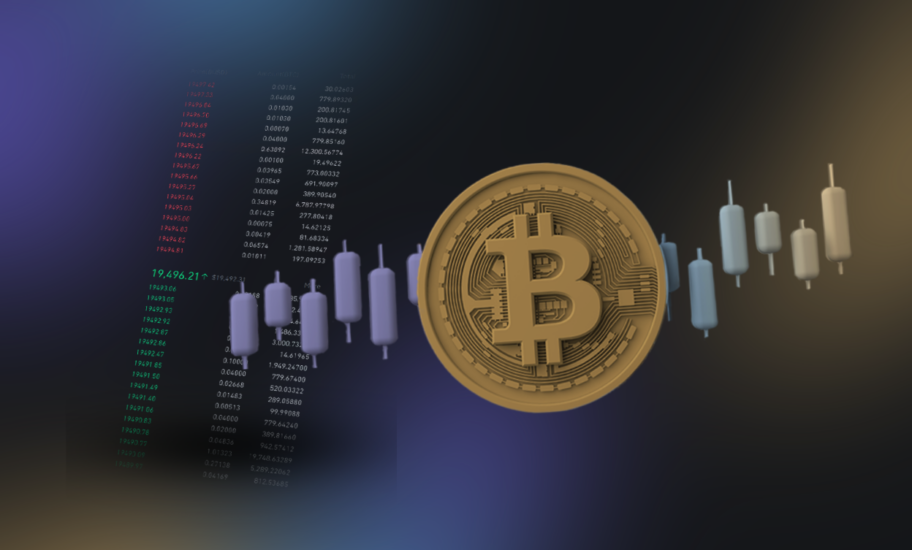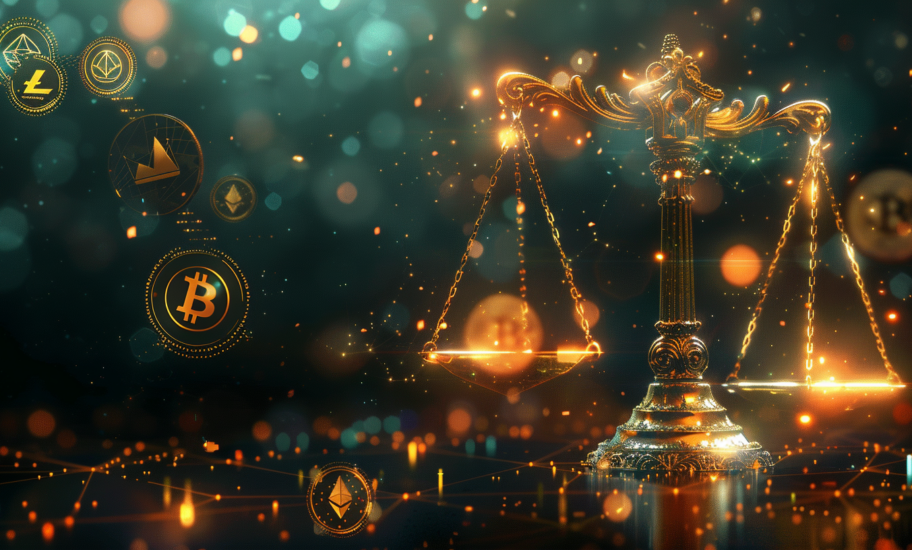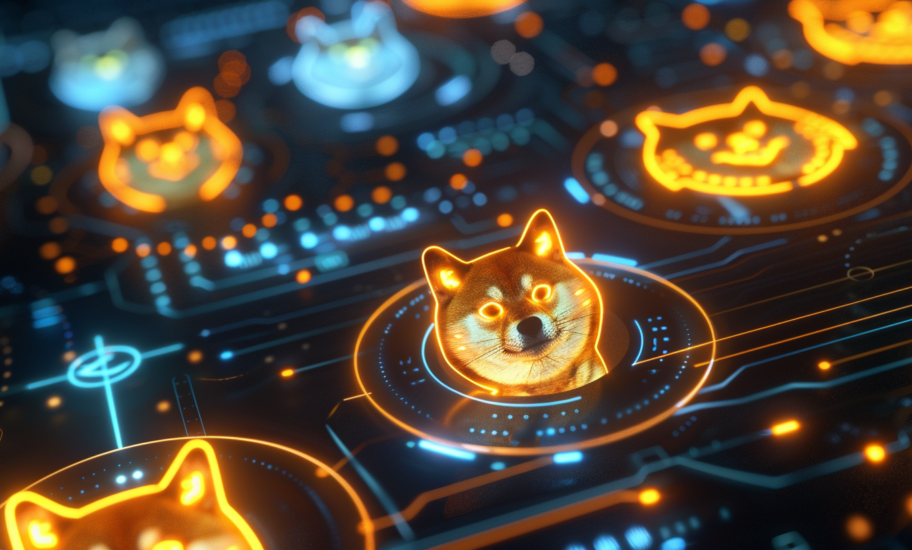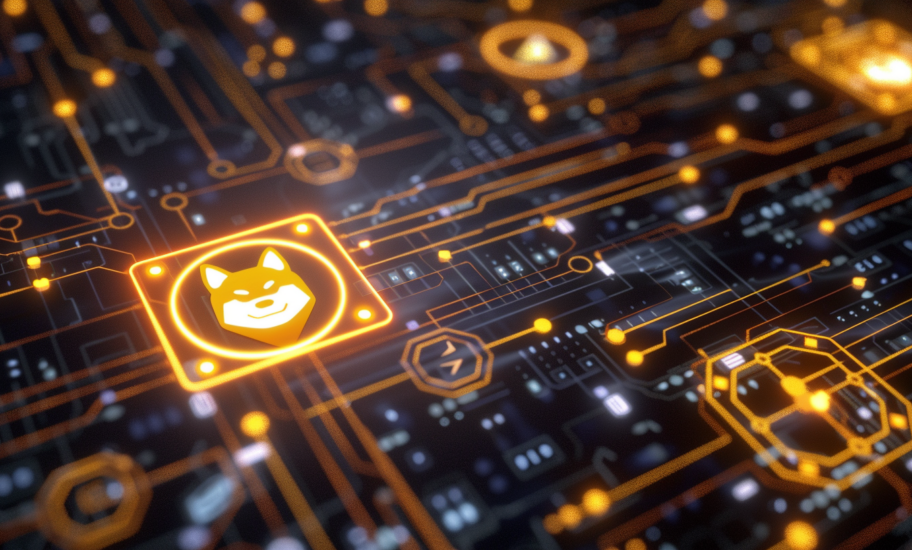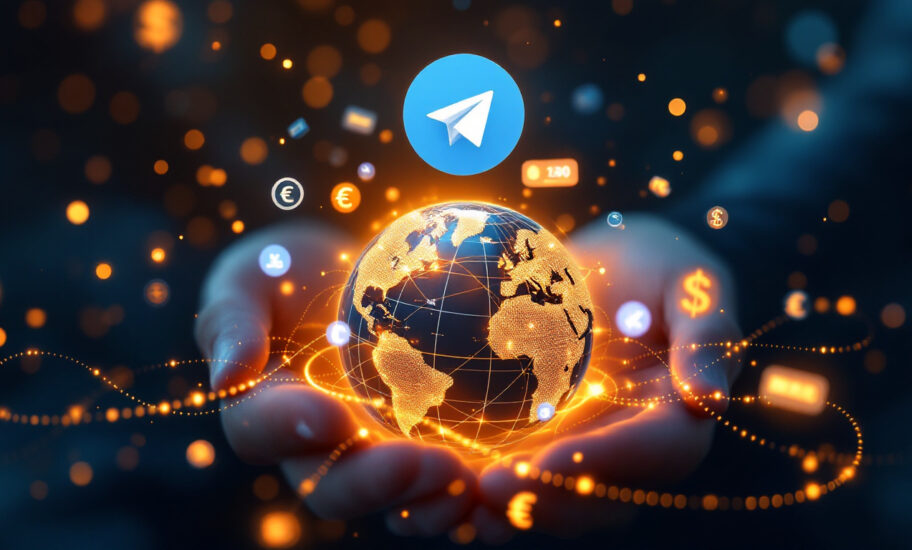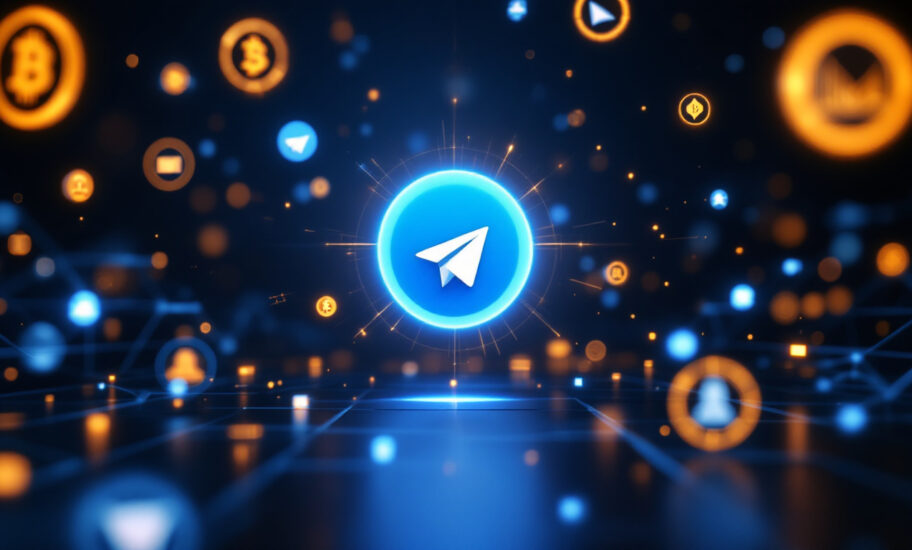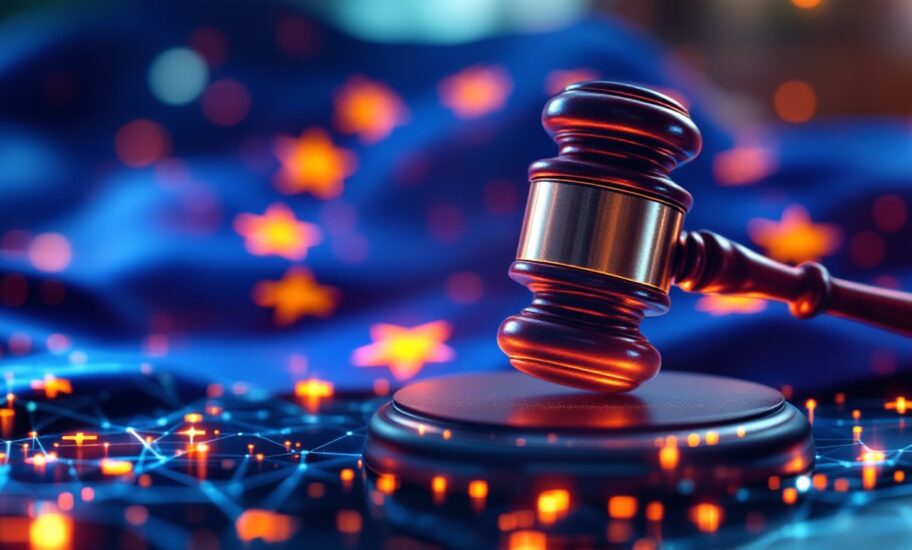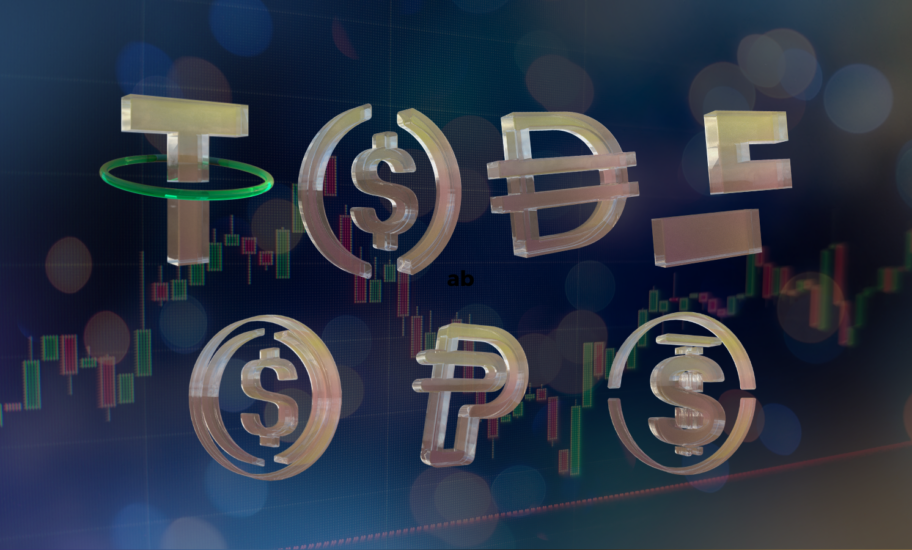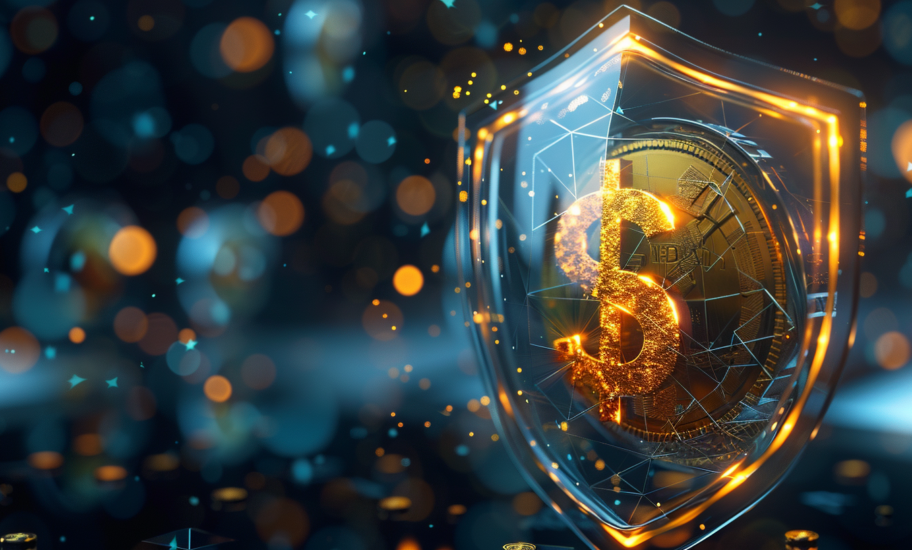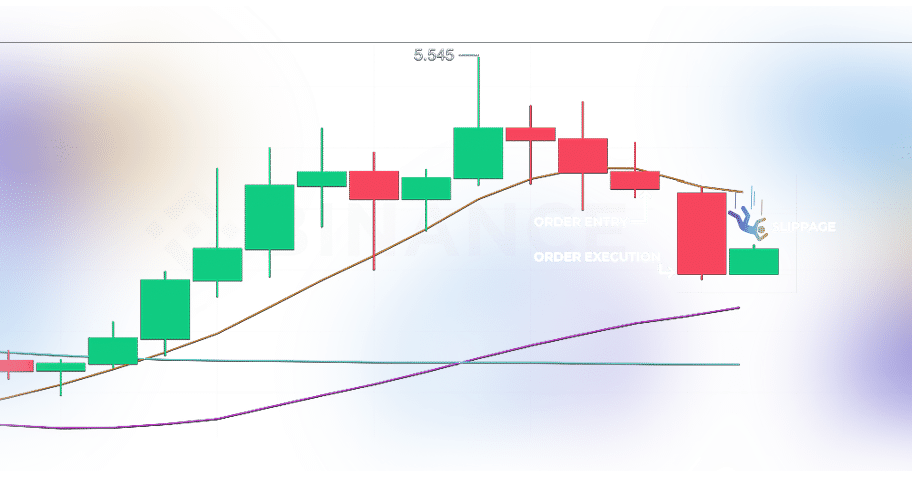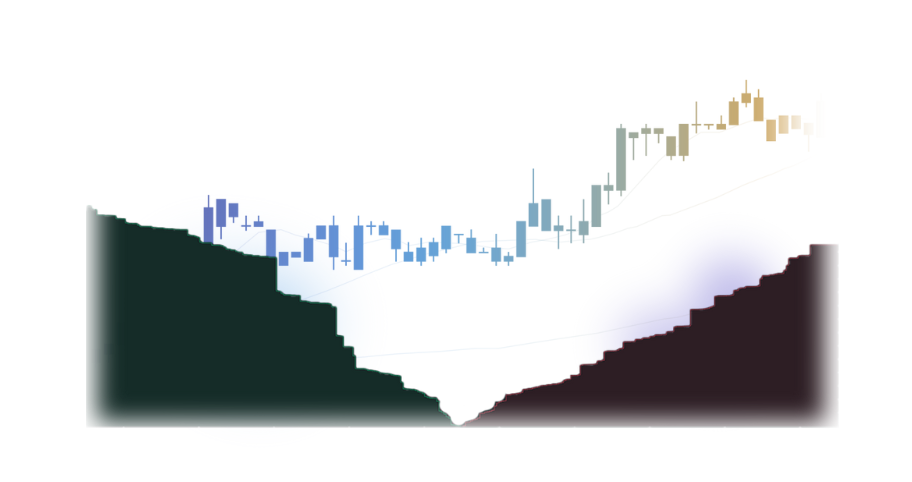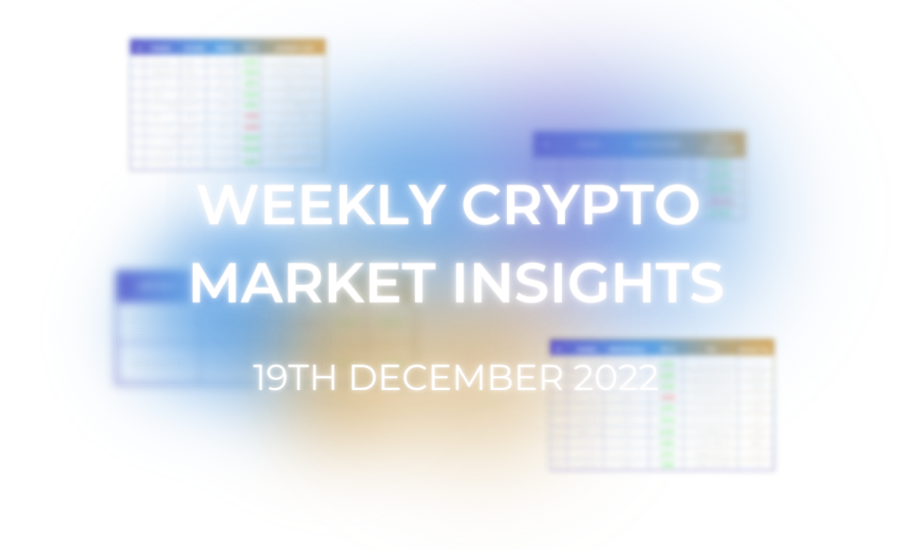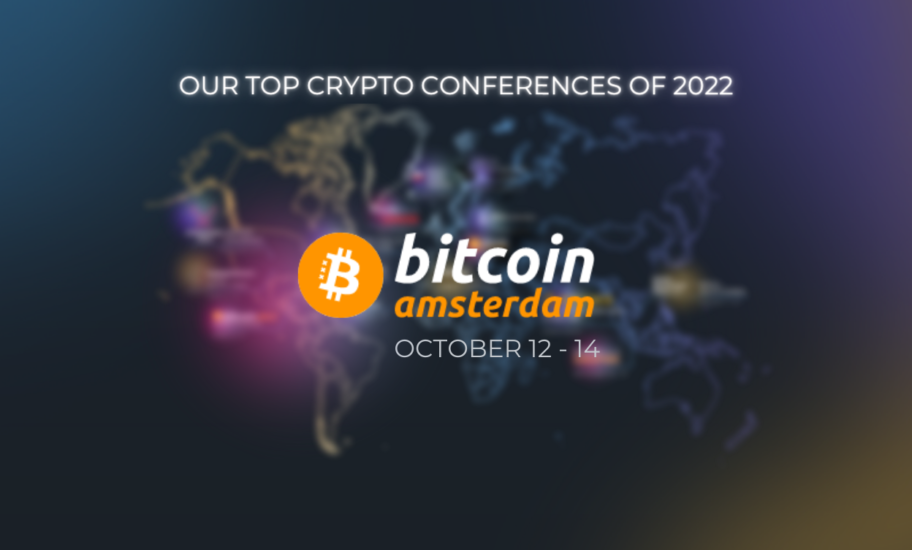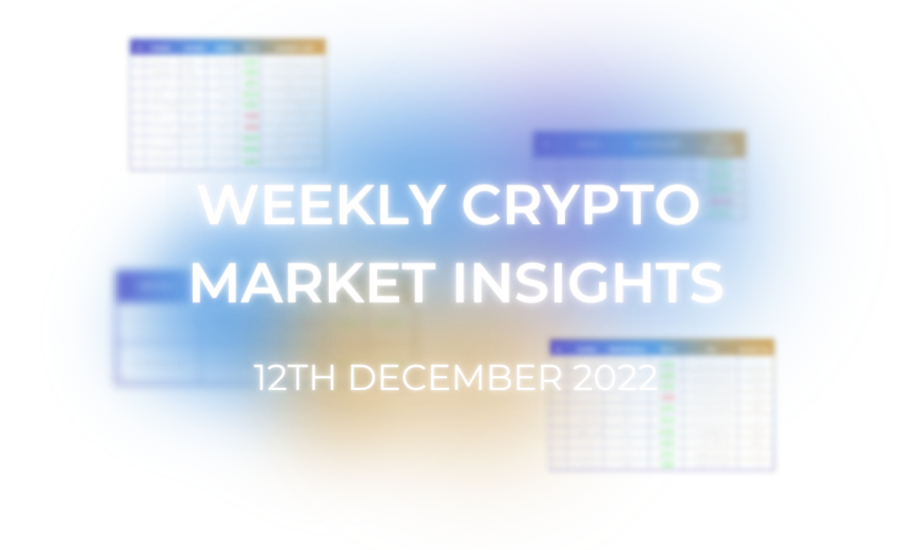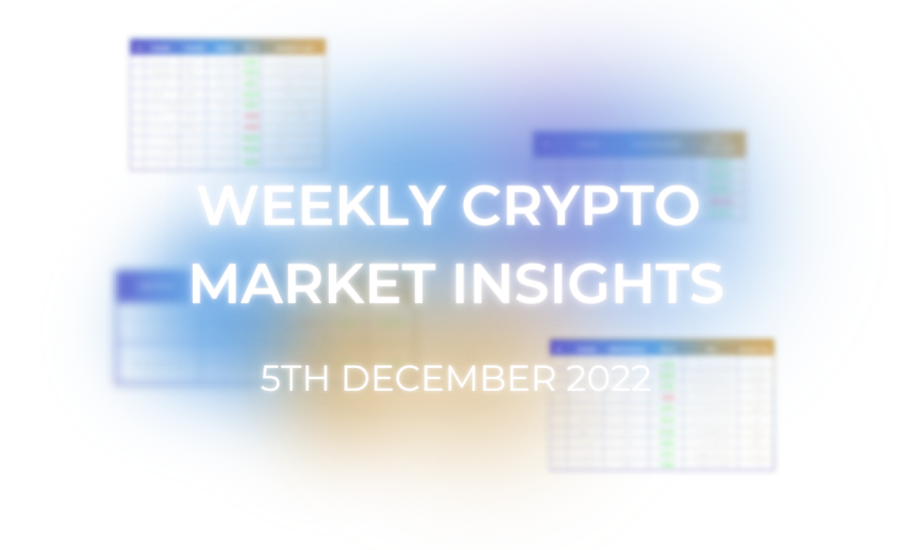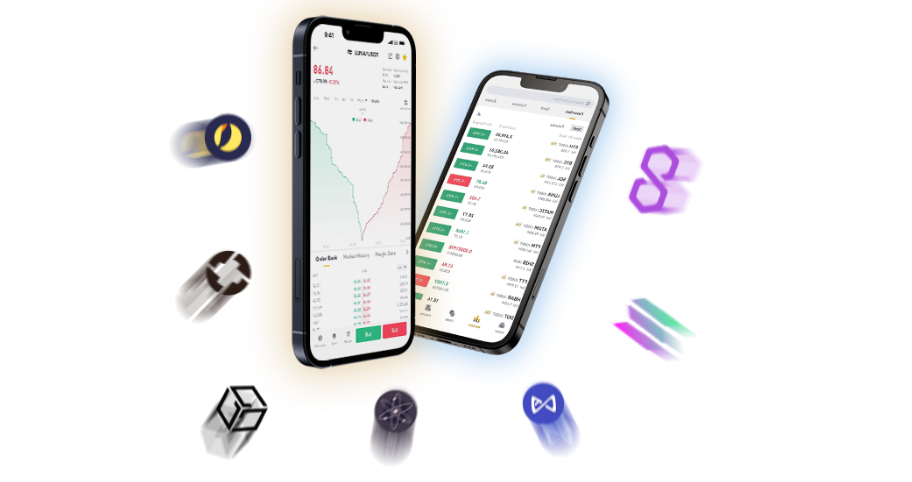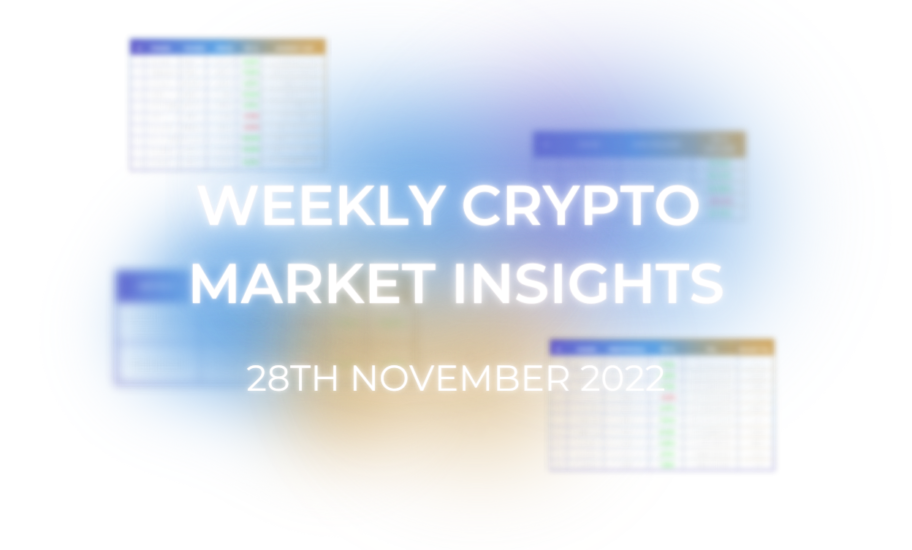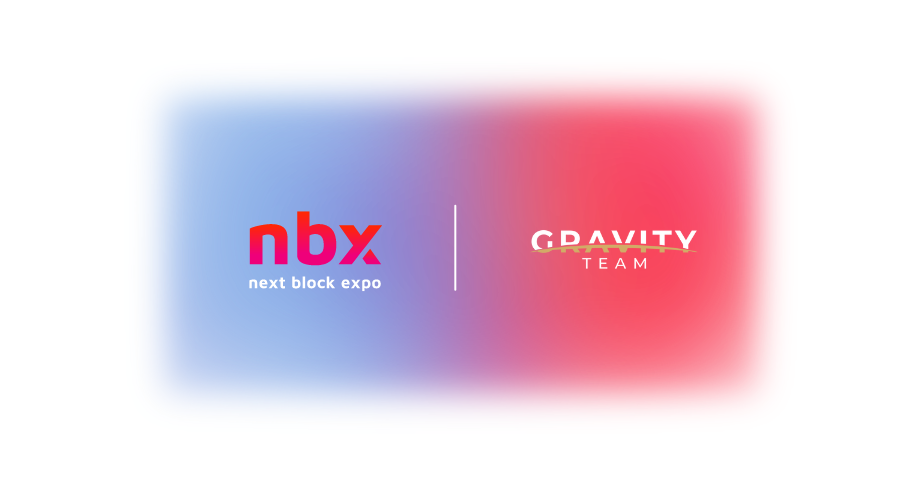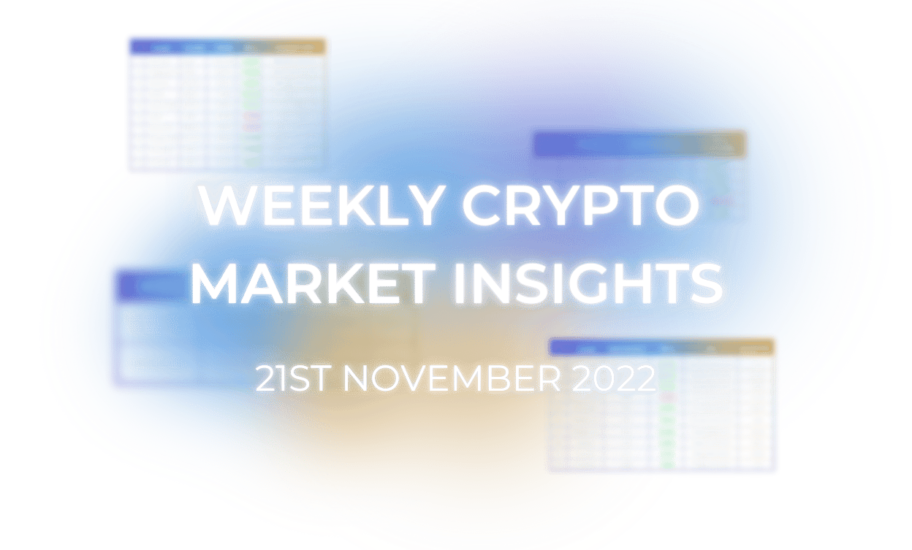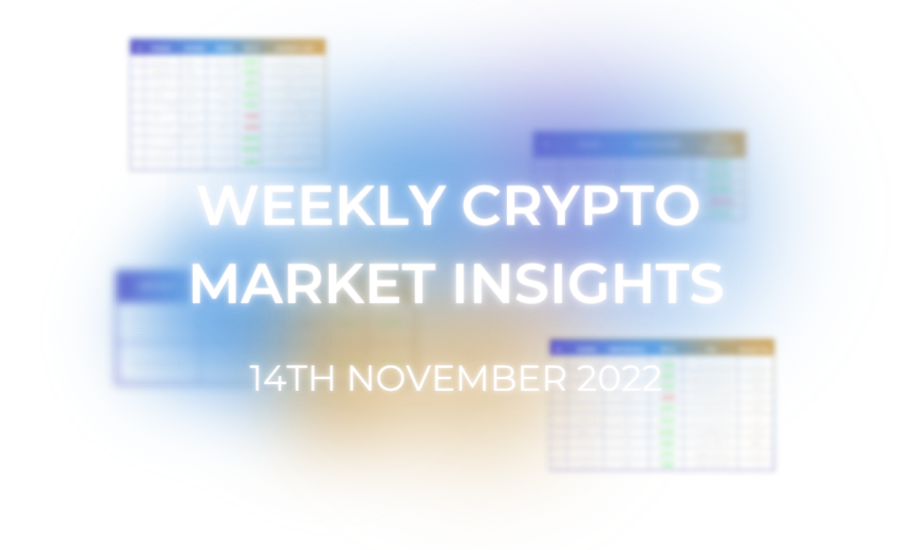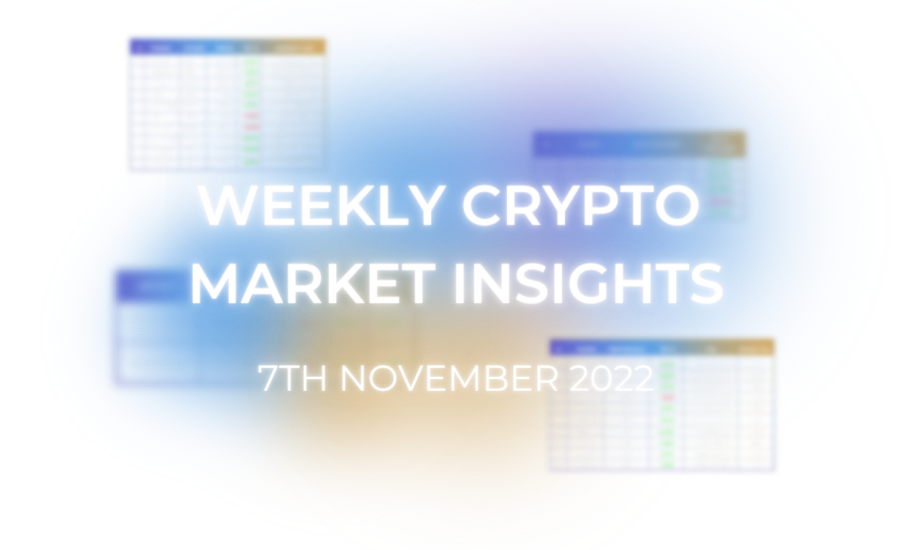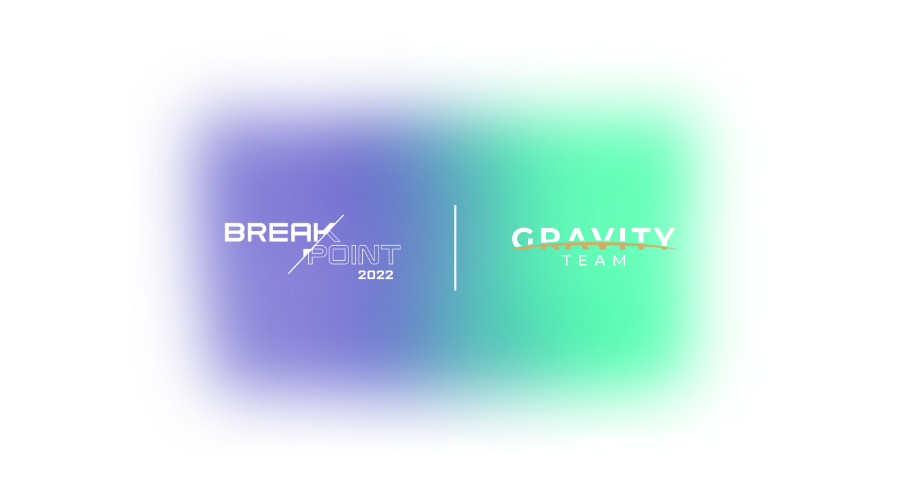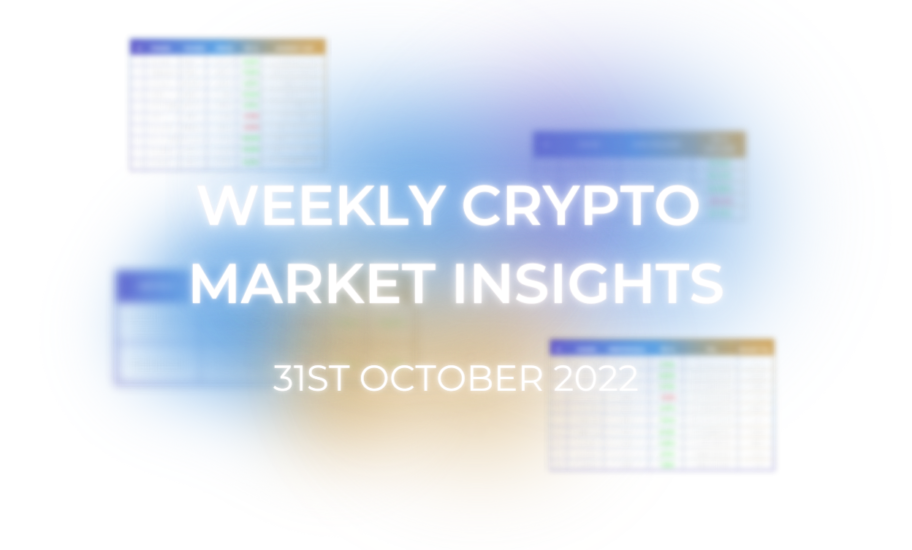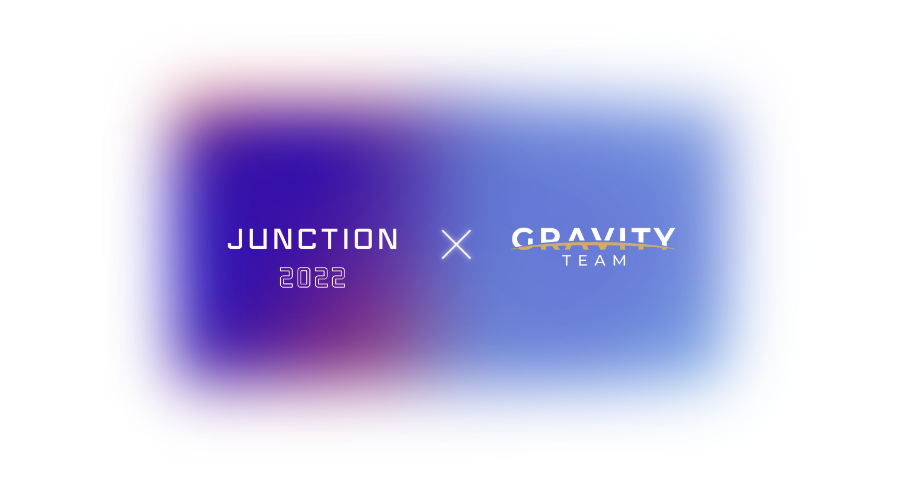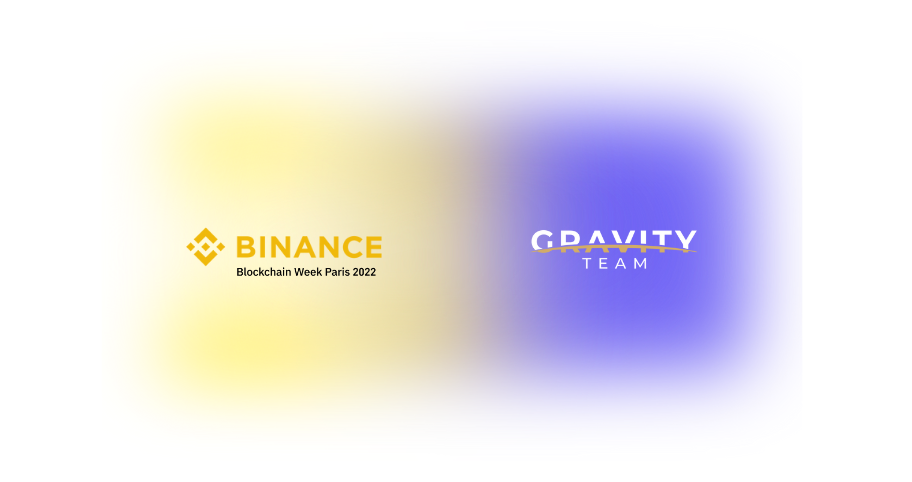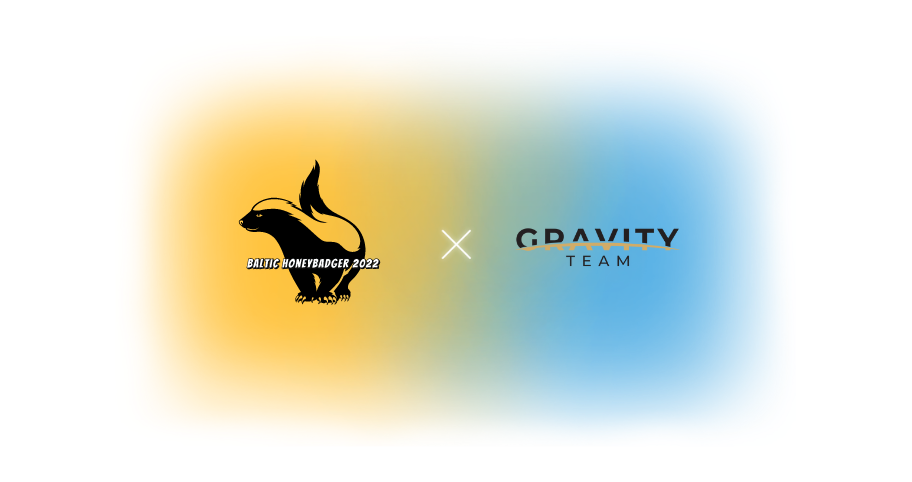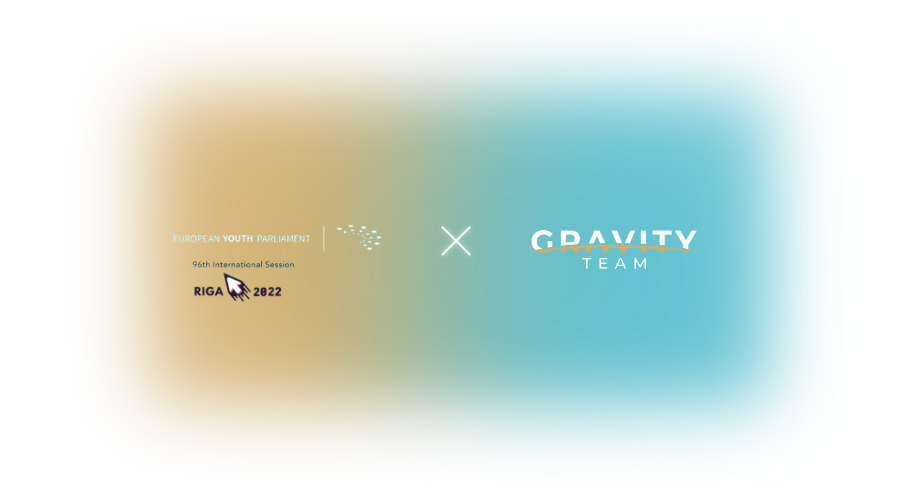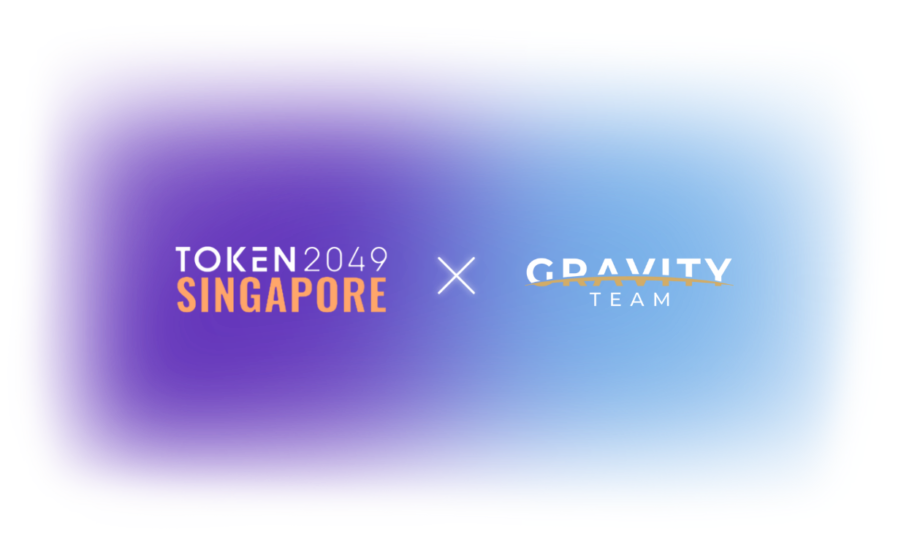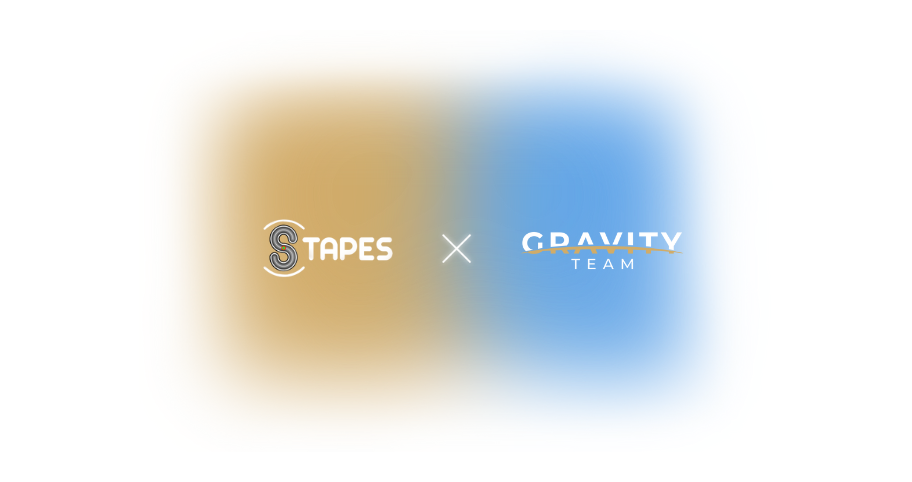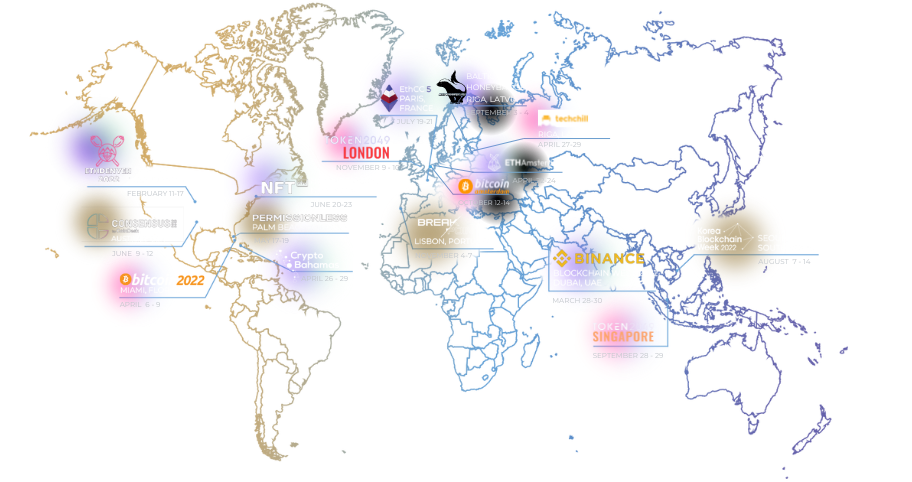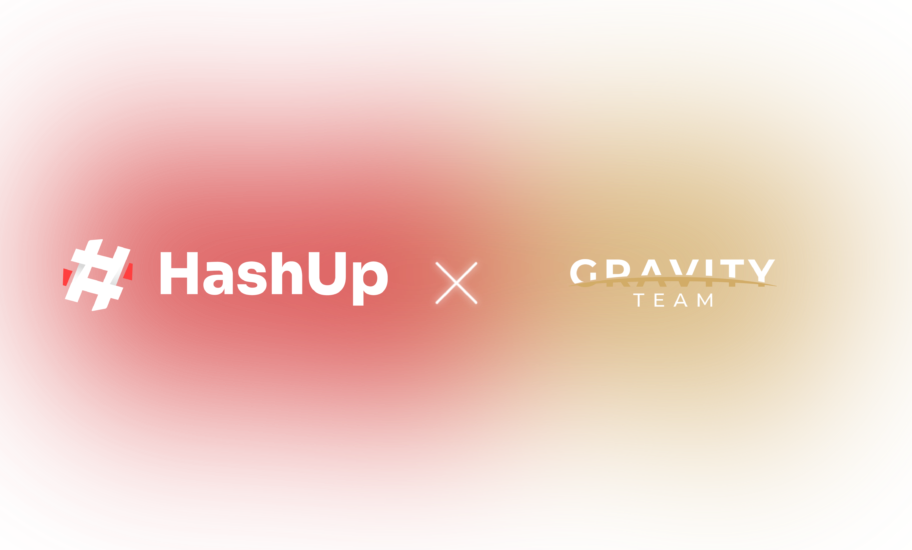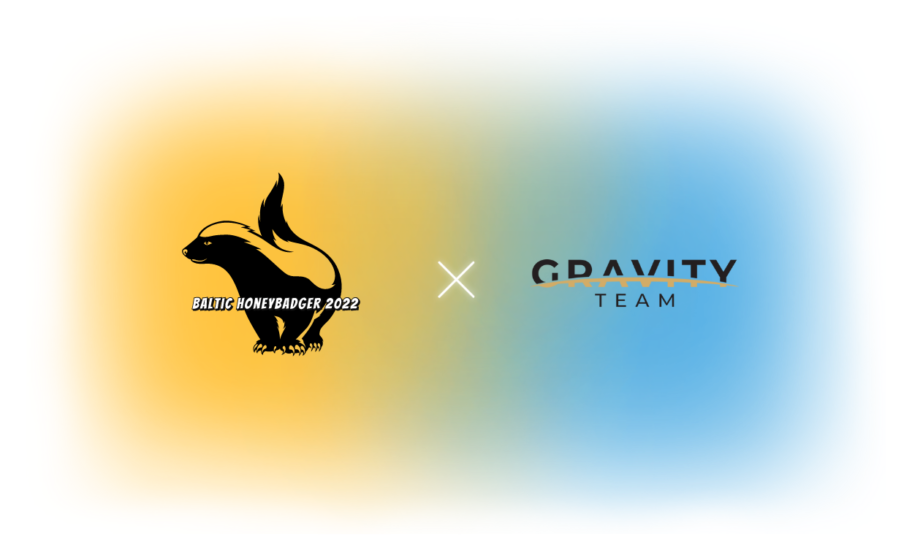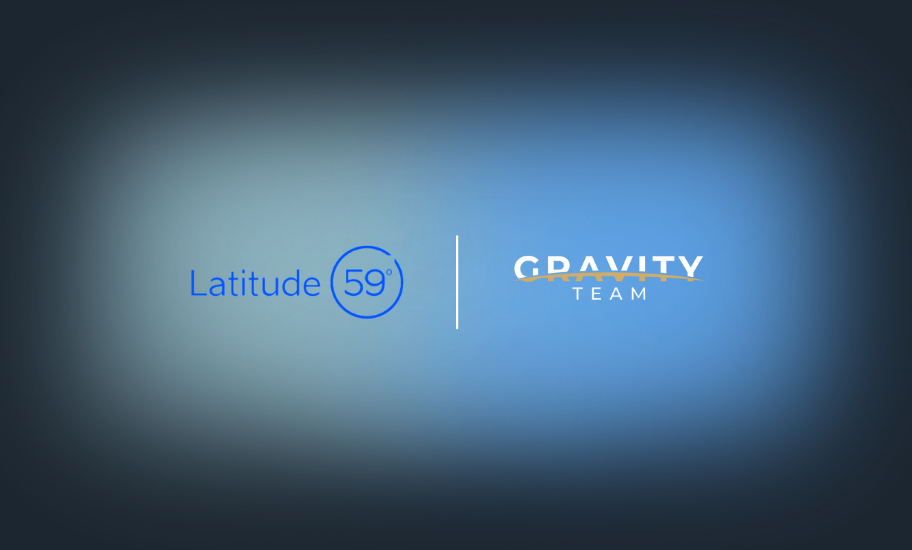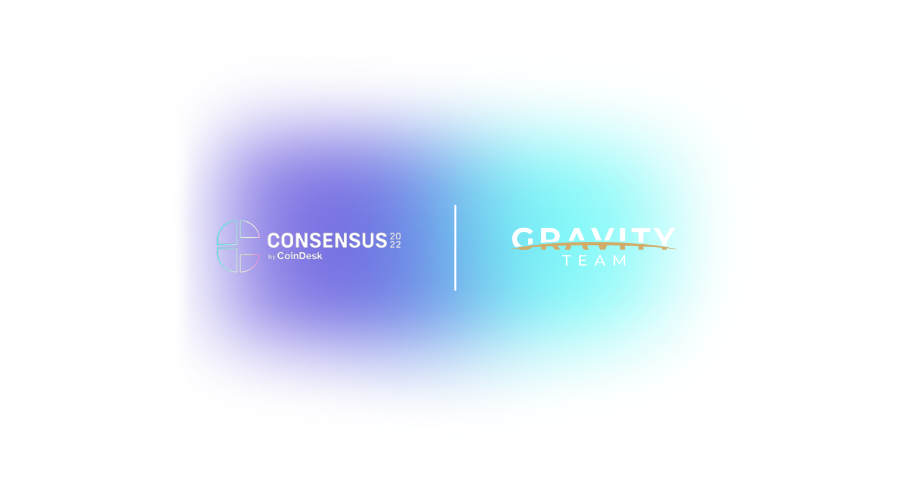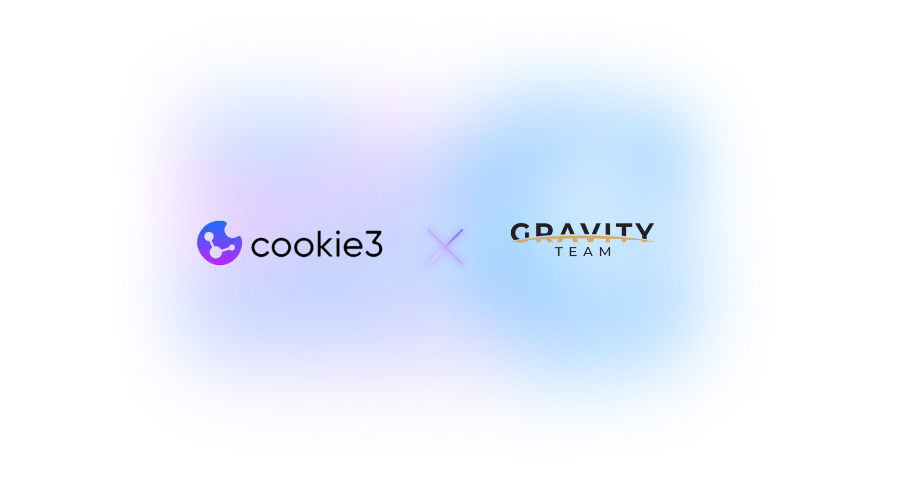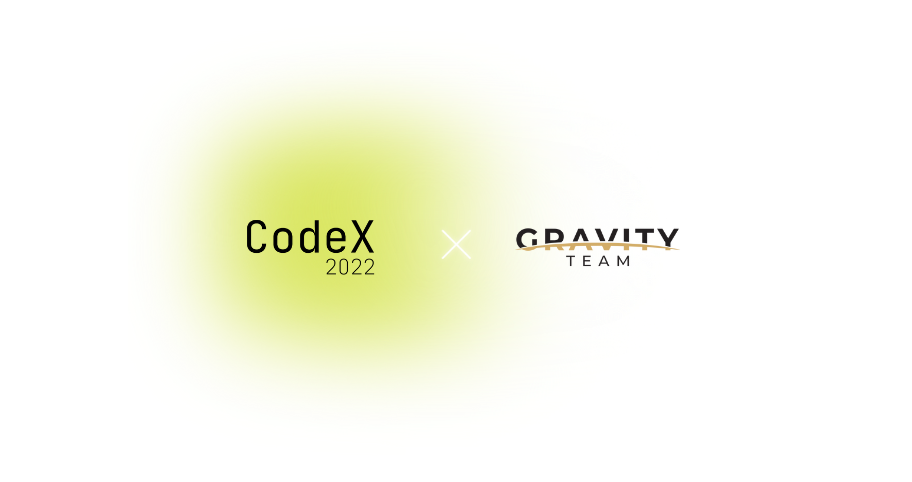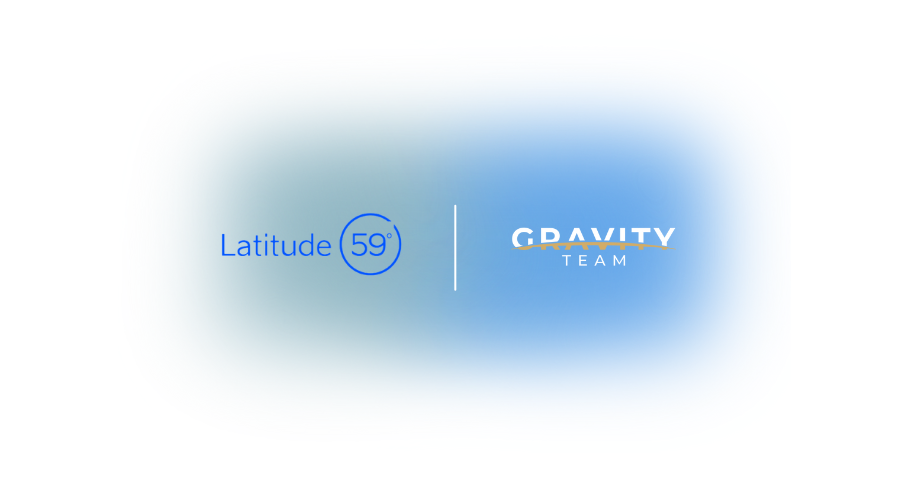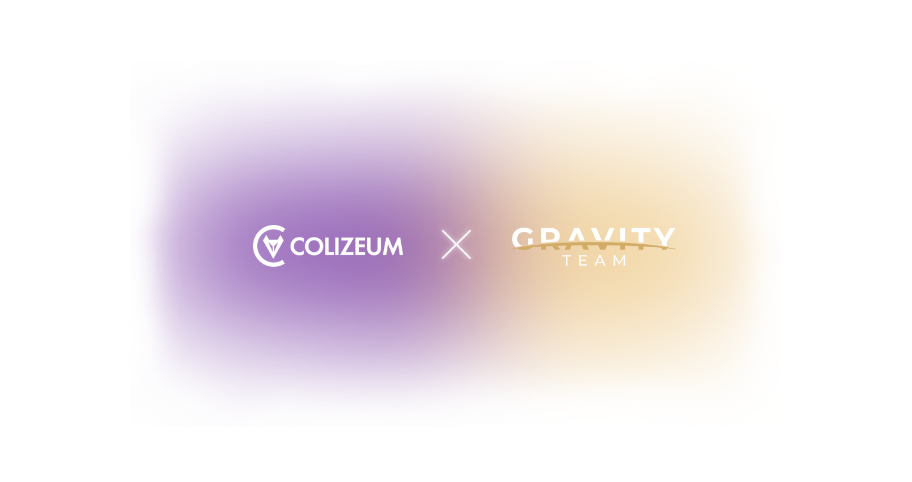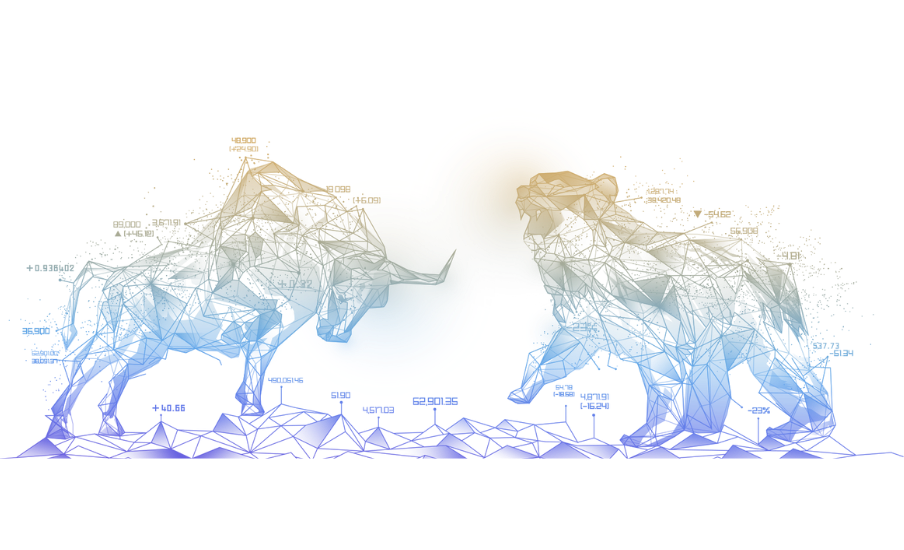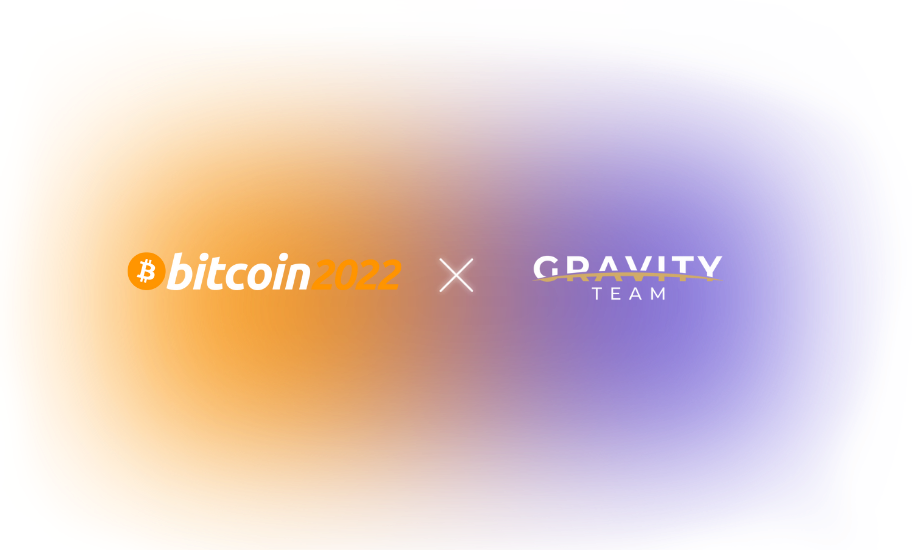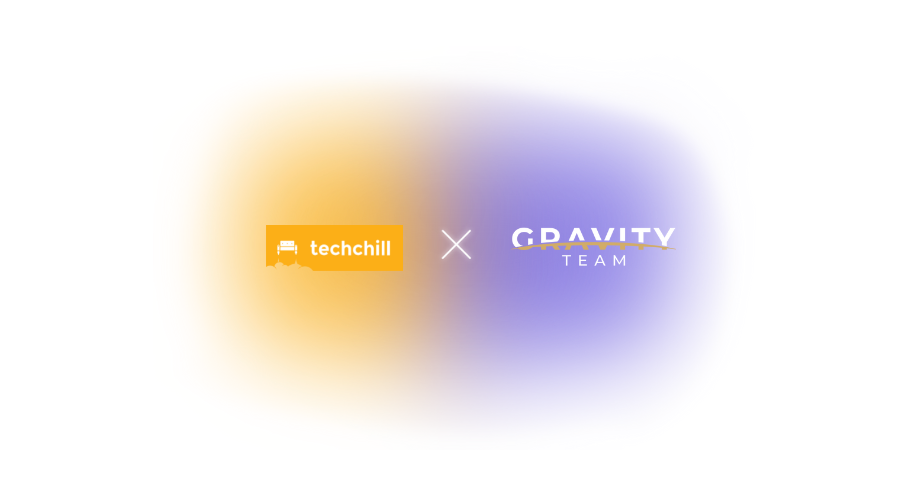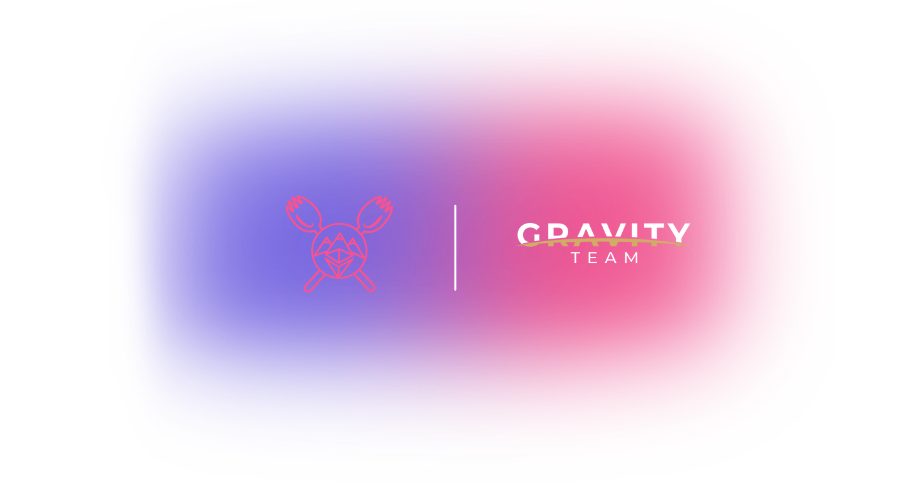
Decentralized AI: How Crypto and AI Are Shaping the Future
 9 minutes
9 minutes

Welcome to the world of decentralized AI, where the fusion of artificial intelligence and blockchain technology is opening up new horizons for innovation, transparency, and democratization. Whether you’re a crypto enthusiast, an investor, or a tech-savvy individual, understanding decentralized AI could offer valuable insights into the future of technology.
In this guide, we’ll explore what decentralized AI is, how it works, why it matters, and the key projects leading the charge. We’ll also discuss the benefits, challenges, and future prospects of decentralized AI. By the end, you’ll have a comprehensive understanding of how blockchain and AI are shaping the future of decentralized intelligence.
Table of Contents
- What Is Decentralized AI?
- How Decentralized AI Works
- Market Growth and Statistics
- Key Players in the Decentralized AI Space
- Other Decentralized AI Projects to Keep an Eye On
- Benefits of Decentralized AI
- Challenges and Considerations
- Future Outlook
- Conclusion
- About Gravity Team
What Is Decentralized AI?
Decentralized AI refers to the integration of artificial intelligence and blockchain technology to create AI systems that are distributed, transparent, and accessible. Unlike traditional AI, which is often controlled by large corporations with centralized data and resources, decentralized AI aims to democratize access to AI technologies by leveraging the decentralized nature of blockchain.
Key Characteristics of Decentralized AI:
- Decentralization: AI models and data are distributed across a network, reducing reliance on centralized entities.
- Transparency: Blockchain’s immutable ledger ensures transparency in AI operations and data usage.
- Token Incentives: Participants are rewarded with tokens for contributing data, computing power, or AI models.
- Privacy and Security: Enhanced data privacy through encryption and secure data-sharing protocols.
How Decentralized AI Works
Decentralized AI platforms utilize blockchain technology to coordinate and manage AI services. Here’s how it generally works:
Data Contribution
- Secure Sharing: Participants share data securely, which is essential for training AI models.
- Diverse Sources: Data can be contributed by individuals, organizations, or IoT devices.
Computing Power Sharing
- Resource Provision: Users provide computational resources to the network, enabling AI processing tasks.
- Efficiency: Shared computing power helps in training and running AI models efficiently.
AI Model Development
- Collaborative Creation: Developers create AI models that are hosted on the decentralized network.
- Community Improvement: Models can be improved collaboratively, with contributions from multiple stakeholders.
Token Economy
- Incentivization: Native tokens are used to incentivize contributions and facilitate transactions.
- Earning Opportunities: Users earn tokens for providing data, computing resources, or improving AI models.
Smart Contracts and Governance
- Automation: Smart contracts automate agreements and ensure fair distribution of rewards.
- Decentralized Decision-Making: Stakeholders participate in governance and decision-making processes.
Market Growth and Statistics
The decentralized AI market has shown significant growth and interest:
- Global AI Market Projection:
- Expected to reach $733.7 billion by 2027, growing at a compound annual growth rate (CAGR) of around 42%.
- AI in Blockchain Market:
- Projected to reach $973 million by 2027, with a CAGR of approximately 50%.
- Investment Trends:
- Increased venture capital funding in AI and blockchain startups.
- Growing number of decentralized AI tokens with substantial market capitalizations.
- Adoption Indicators:
- Rise in the number of developers contributing to decentralized AI projects.
- Enhanced interest from industries such as finance, healthcare, and supply chain.
Key Players in the Decentralized AI Space
Several innovative projects are at the forefront of decentralized AI, each contributing uniquely to the ecosystem.
SingularityNET (AGIX)
- Overview: A decentralized platform that allows AI agents to interact and share data and services.
- Key Features:
- Enables developers to monetize AI algorithms.
- Promotes interoperability among different AI services.
Fetch.ai (FET)
- Overview: Combines AI and blockchain to create an open, decentralized machine learning network.
- Key Features:
- Facilitates autonomous economic agents that perform tasks on behalf of users.
- Focuses on optimization in industries like supply chain, energy, and transportation.
Ocean Protocol (OCEAN)
- Overview: A decentralized data exchange protocol that enables secure and privacy-preserving data sharing.
- Key Features:
- Allows AI models to access and utilize data without compromising privacy.
- Incentivizes data providers with tokens.
Render Network (RNDR)
- Overview: Provides decentralized GPU rendering and AI computation services.
- Key Features:
- Connects users in need of rendering services with those who have idle GPU resources.
- Addresses the growing demand for computational power in AI.
Cortex (CTXC)
- Overview: A blockchain platform that supports AI models being uploaded and executed on the blockchain.
- Key Features:
- Allows smart contracts to utilize AI inference services.
- Aims to build a decentralized AI ecosystem with verifiable AI models.
Note: It’s interesting to note that Grayscale is currently offering its Decentralized AI Fund, which includes holdings in TAO, NEAR, FIL (Filecoin), RENDER, and GRT (The Graph).
Other Decentralized AI Projects to Keep an Eye On
During TOKEN 2049 in Singapore this year, a panel titled “Crypto x AI: The Future of Decentralized Intelligence” gathered some of the cutting-edge projects in this space. Here’s a brief overview of them:
Sentient
- Overview: Building AI models with community contributions.
- Unique Approach: Ensures that those who contribute to the AI models are rewarded when the models are used.
Sahara AI
- Overview: Creating a blockchain platform that prioritizes AI sovereignty and decentralized governance of AI-related resources.
Ritual
- Overview: A decentralized, AI-enabled blockchain that makes it easy for developers to integrate AI workflows into decentralized applications.
Sapien
- Overview: Developing the world’s largest network of human data labelers.
- Goal: Ensures that the next frontier of AI innovation is driven by human expertise.
Benefits of Decentralized AI
Decentralized AI offers several advantages over traditional, centralized AI systems:
Democratization of AI
- Accessibility: Lowers barriers to entry for developers and users.
- Innovation: Encourages broader participation and collaboration.
Enhanced Privacy and Security
- Data Ownership: Users retain control over their data.
- Secure Sharing: Facilitates data sharing without compromising privacy.
- Integrity: Blockchain ensures data integrity and transparency.
Incentivized Participation
- Rewards System: Participants earn tokens for contributing to the network.
- Sustainability: Creates a self-sustaining ecosystem.
Reduced Centralization Risks
- Resilience: Eliminates single points of failure, enhancing network stability.
- Autonomy: Reduces dependency on centralized entities that may misuse data.
Interoperability and Collaboration
- Shared Resources: Facilitates collaboration among AI developers.
- Compatibility: Promotes interoperability between different AI models and services.
Challenges and Considerations
Despite its potential, decentralized AI faces several challenges:
Technical Complexity
- Scalability: Managing large-scale AI computations on a decentralized network can be challenging.
- Integration: Merging AI with blockchain technology demands robust solutions.
Regulatory Uncertainty
- Compliance: Navigating global regulations on data privacy and cryptocurrency.
- Legal Hurdles: Potential legal challenges in different jurisdictions.
Data Quality and Reliability
- Accuracy: Maintaining high-quality data is crucial for effective AI models.
- Validation: Need mechanisms to verify and validate contributed data.
Adoption Barriers
- Education: Limited awareness and understanding of decentralized AI.
- Competition: Centralized AI entities have significant resources and market presence.
Future Outlook
The convergence of AI and blockchain technology is poised to reshape various industries:
Industry Transformation
- Sectors Benefiting: Healthcare, finance, and logistics may see significant advancements through decentralized AI solutions.
- New Business Models: Opportunities for innovative services and applications are emerging.
Advancements in Technology
- Research and Development: Ongoing improvements in AI algorithms and blockchain scalability.
- Consensus Mechanisms: Development of more efficient protocols.
Increased Collaboration
- Partnerships: Growing collaboration between decentralized AI projects and traditional enterprises.
- Adoption Efforts: Joint initiatives to address challenges and drive adoption.
Regulatory Evolution
- Frameworks: Anticipated development of clearer regulatory guidelines.
- Standardization: Potential for standardized practices to facilitate growth.
Conclusion
Decentralized AI represents a significant step toward democratizing artificial intelligence and enhancing data privacy and security. By leveraging blockchain technology, decentralized AI platforms aim to create transparent, collaborative, and accessible AI ecosystems. While challenges exist, the potential benefits for innovation, efficiency, and user empowerment are substantial.
As the landscape evolves, staying informed about decentralized AI projects and their developments can offer valuable insights and opportunities. Whether you’re an investor, developer, or enthusiast, engaging with decentralized AI could position you at the forefront of technological advancement.
References
Disclaimer: This article is for informational purposes only and does not constitute financial, investment, or legal advice. Participation in decentralized AI projects and cryptocurrency investments involves risks, including potential loss. Always conduct your own research or consult a qualified professional before making any investment decisions.
Contact Us
We are always open to discussing new ideas. Do reach out if you are an exchange or a project looking for liquidity; an algorithmic trader or a software developer looking to improve the markets with us or just have a great idea you can’t wait to share with us!


